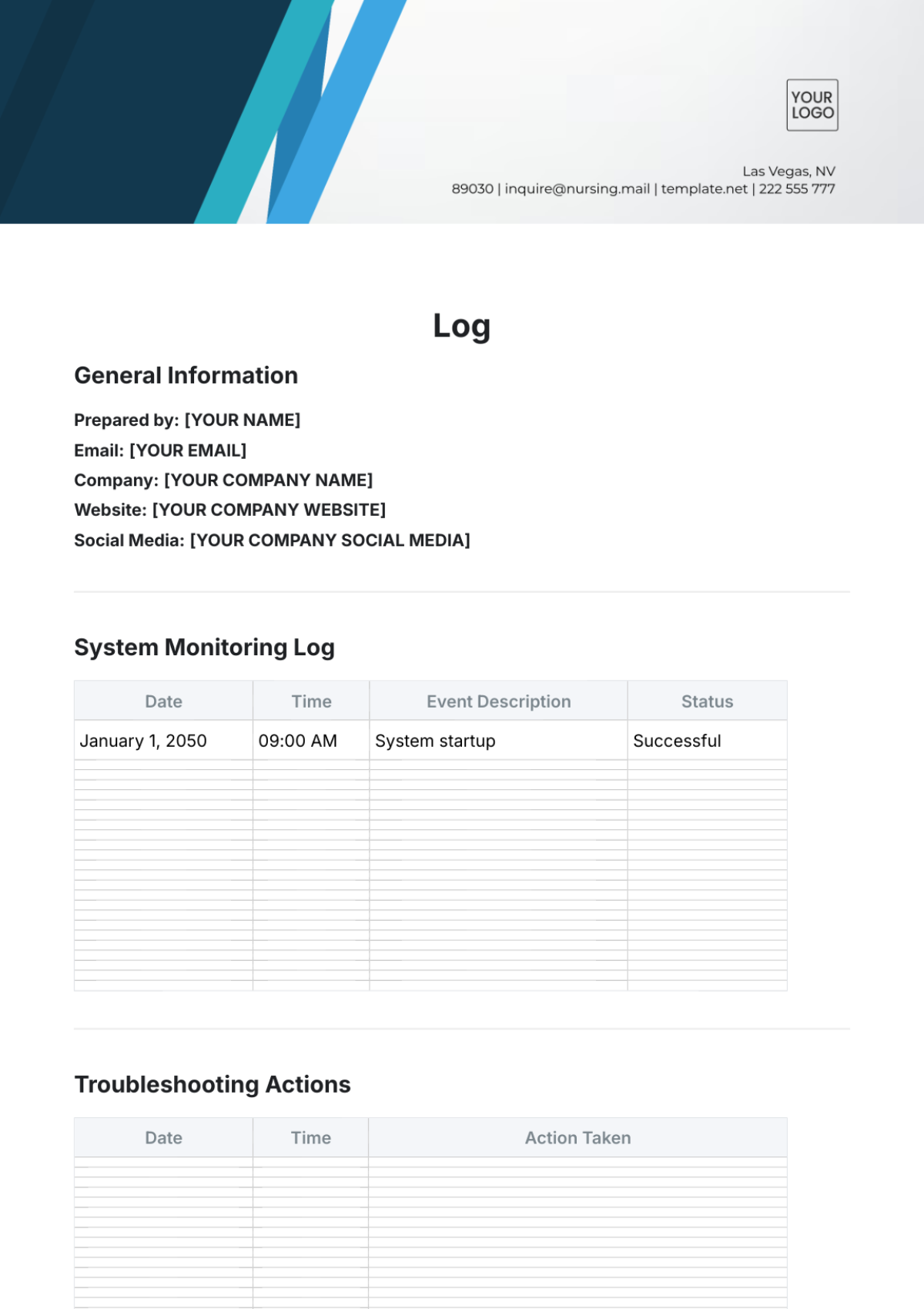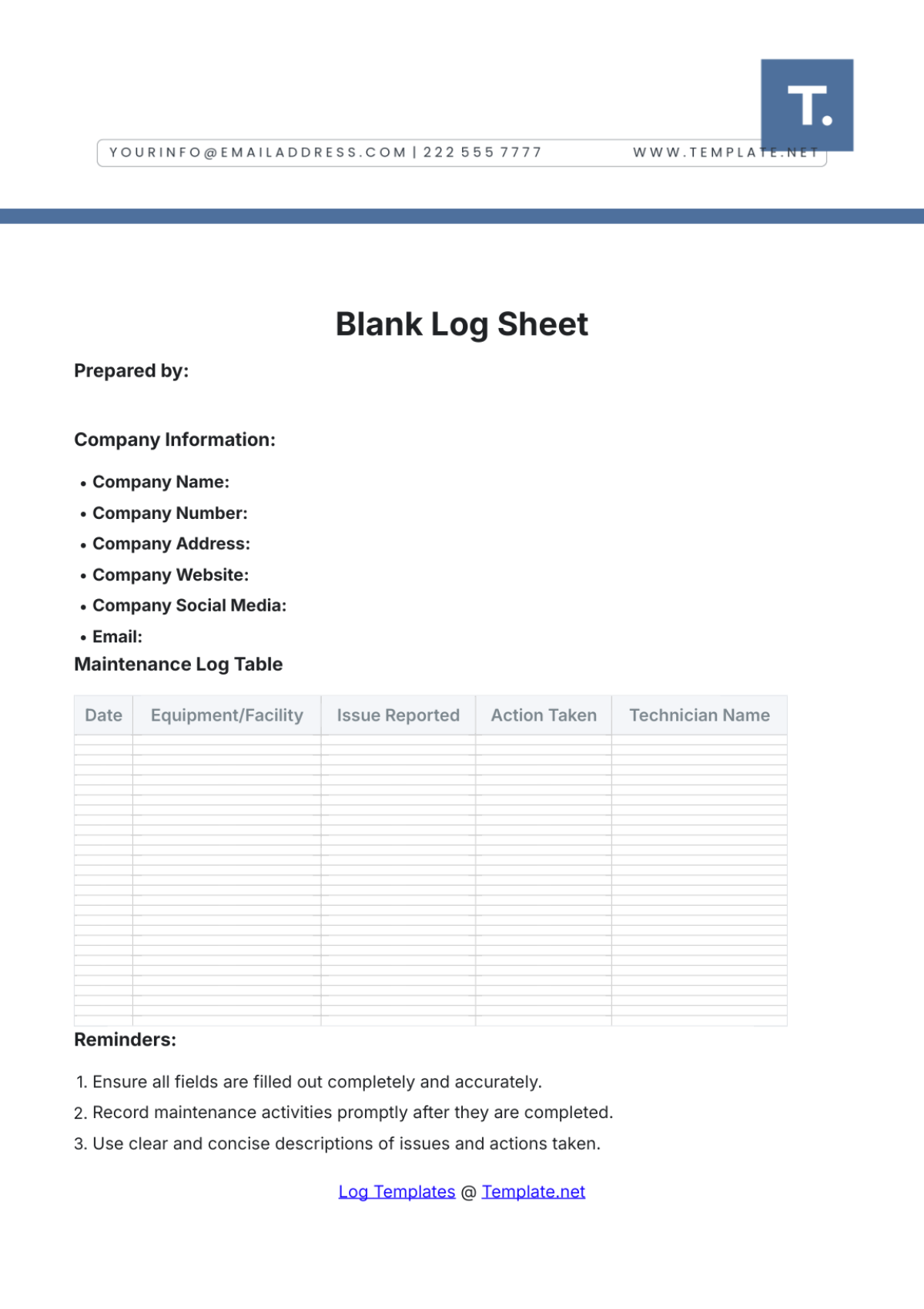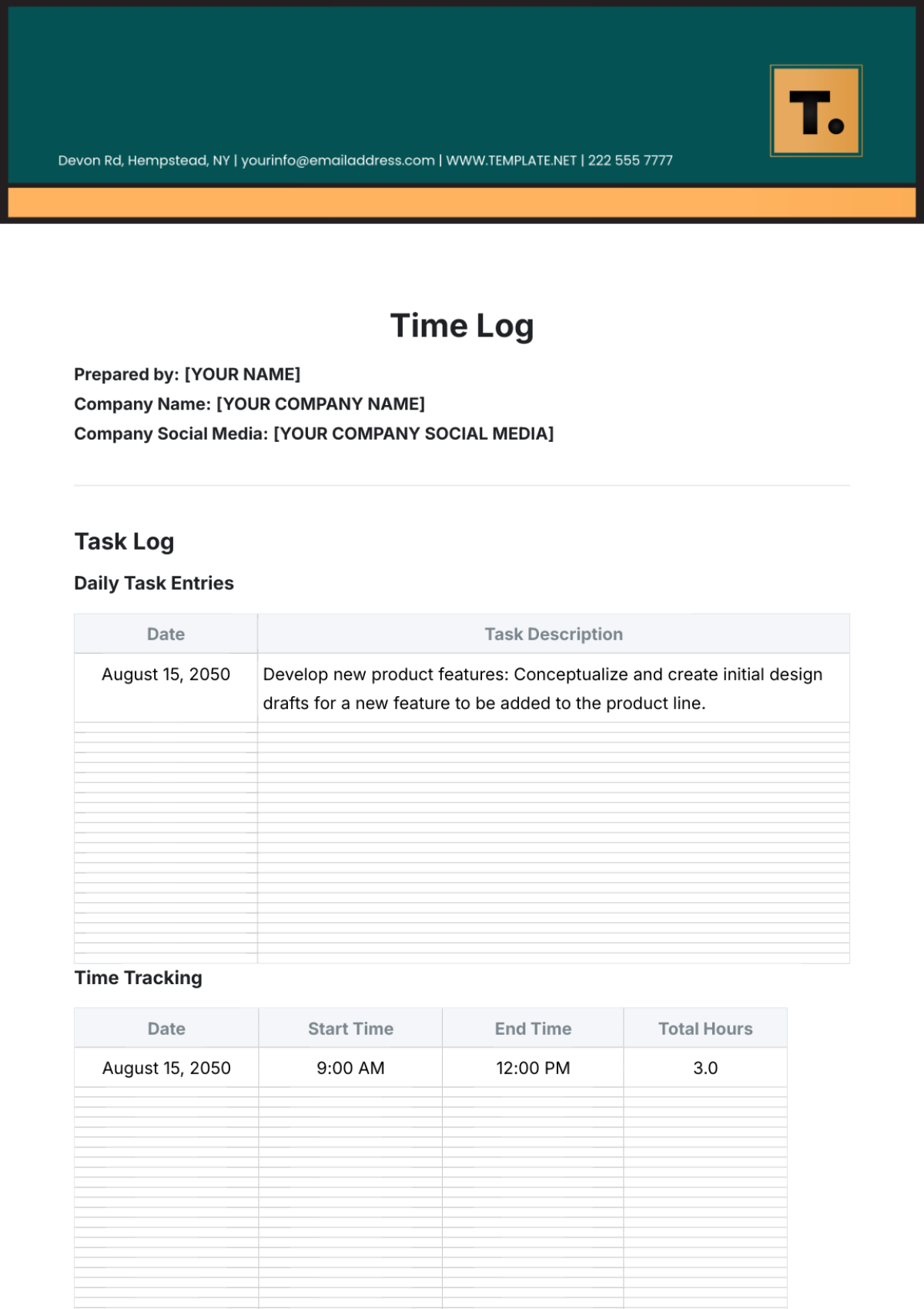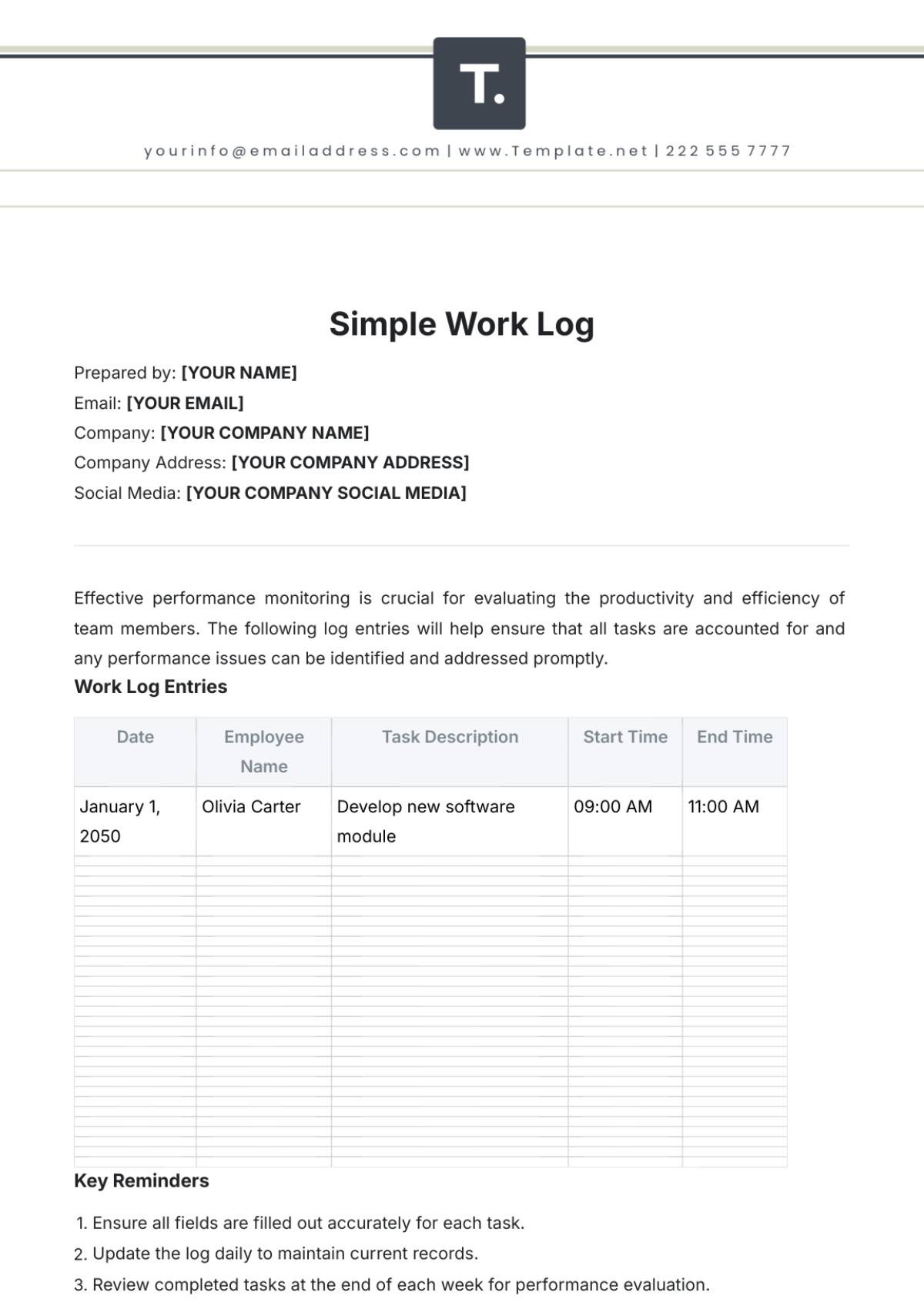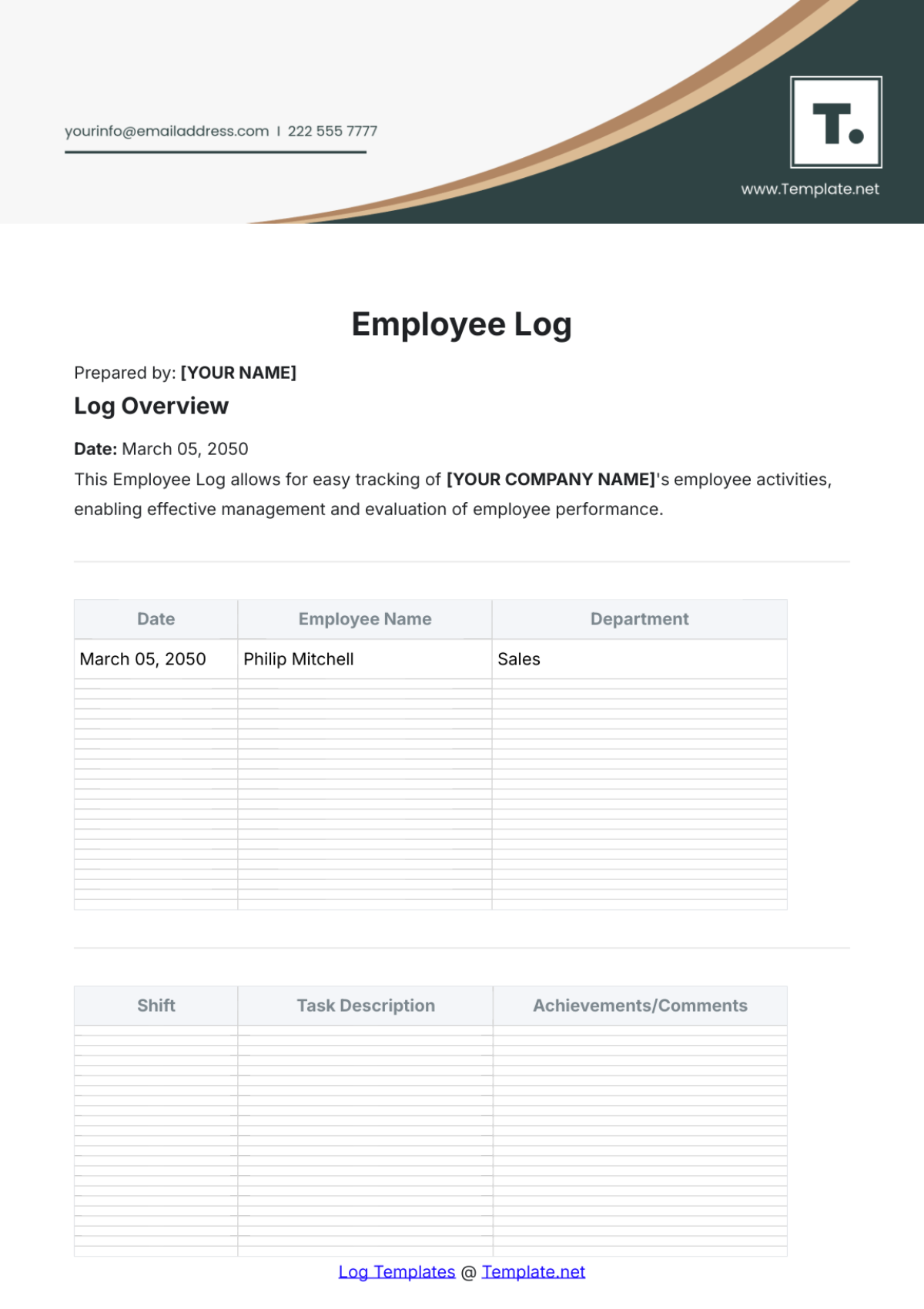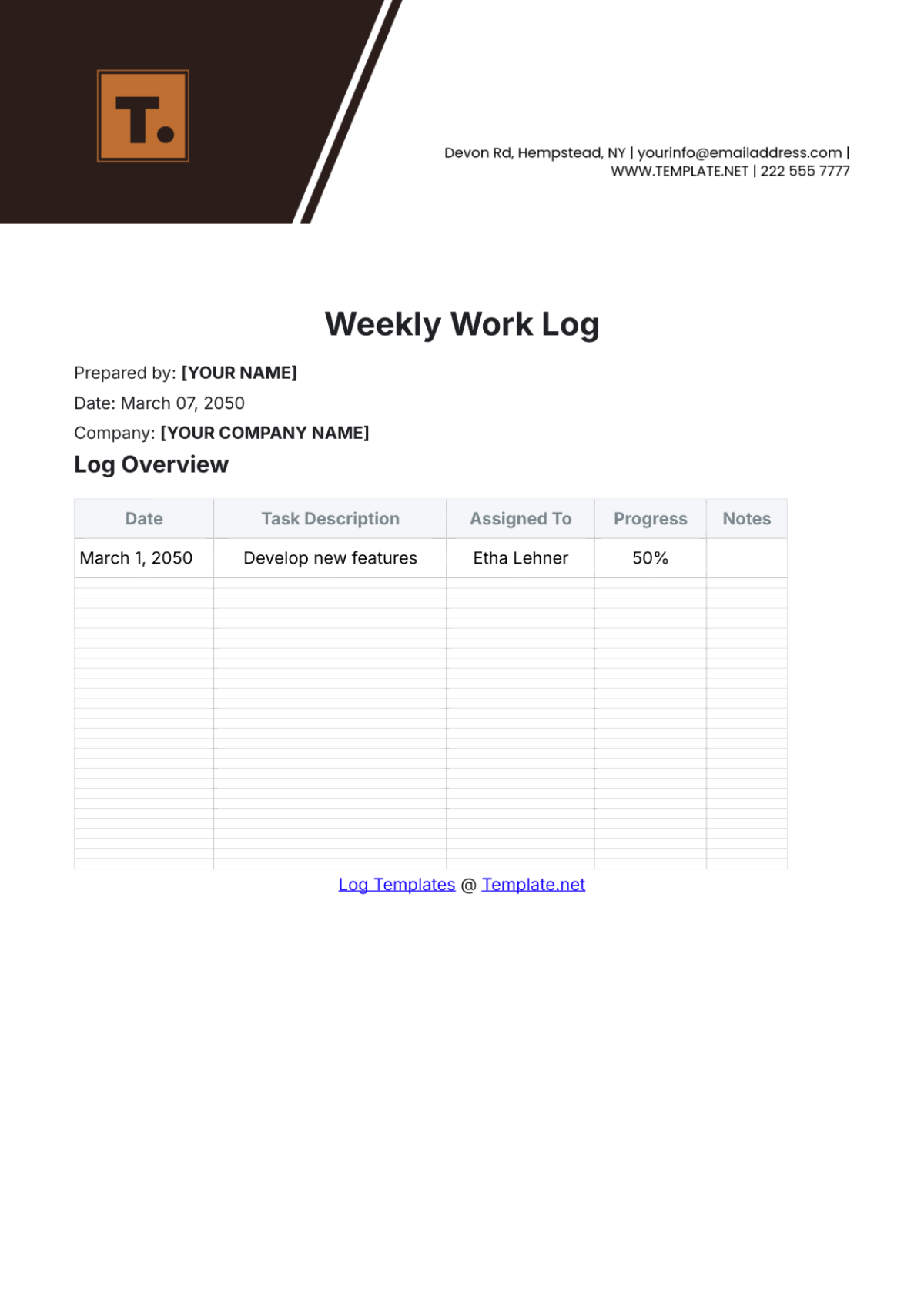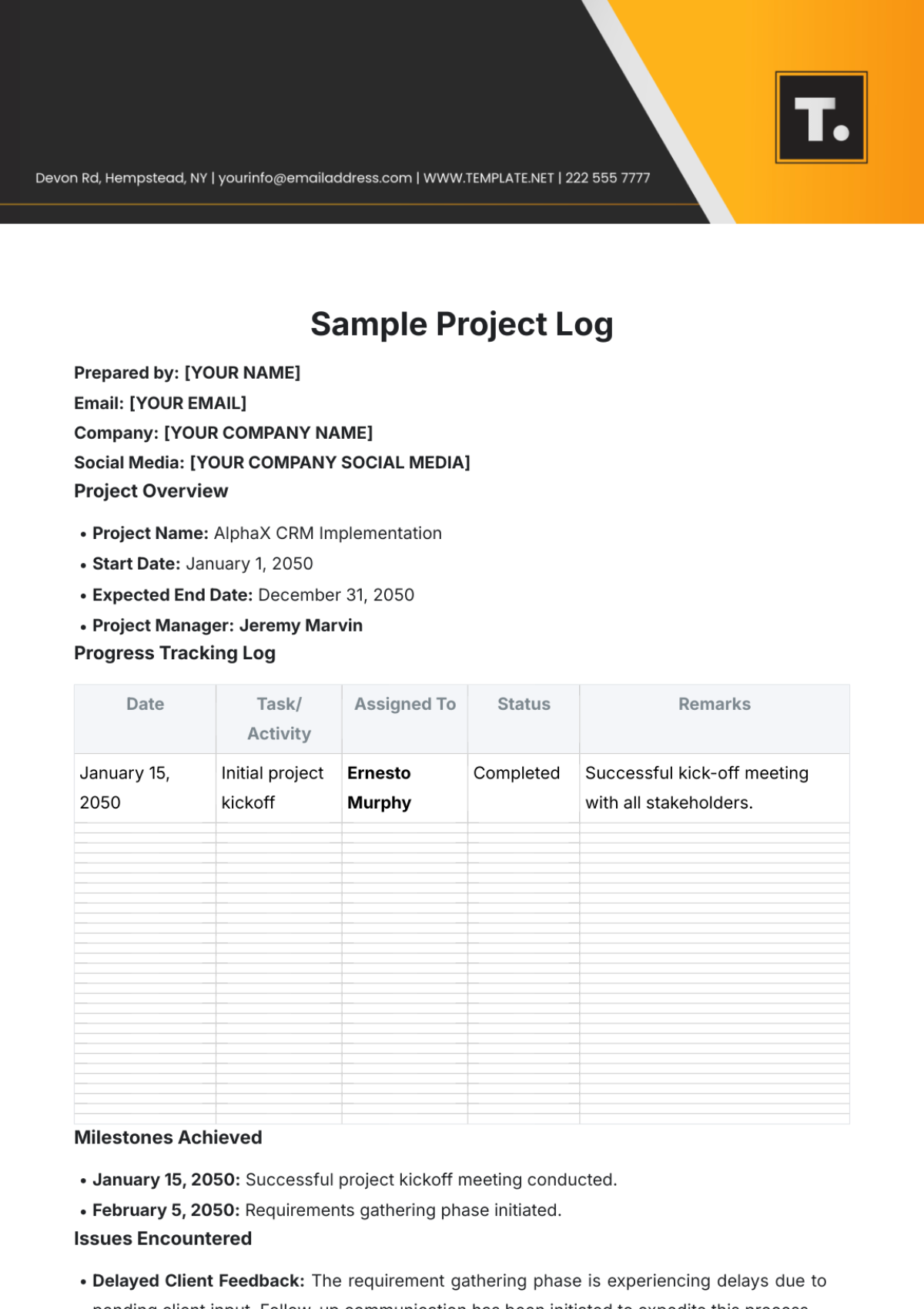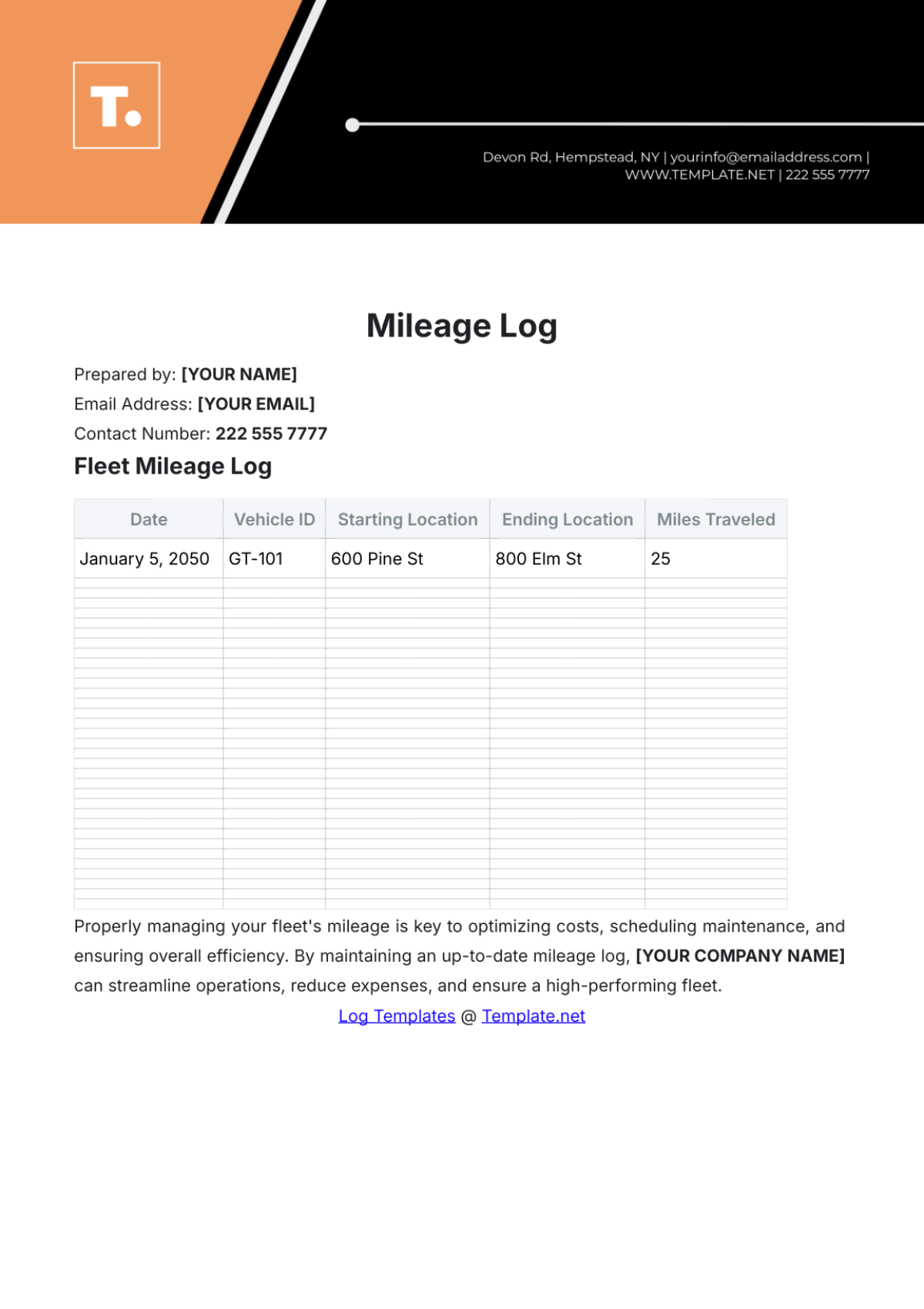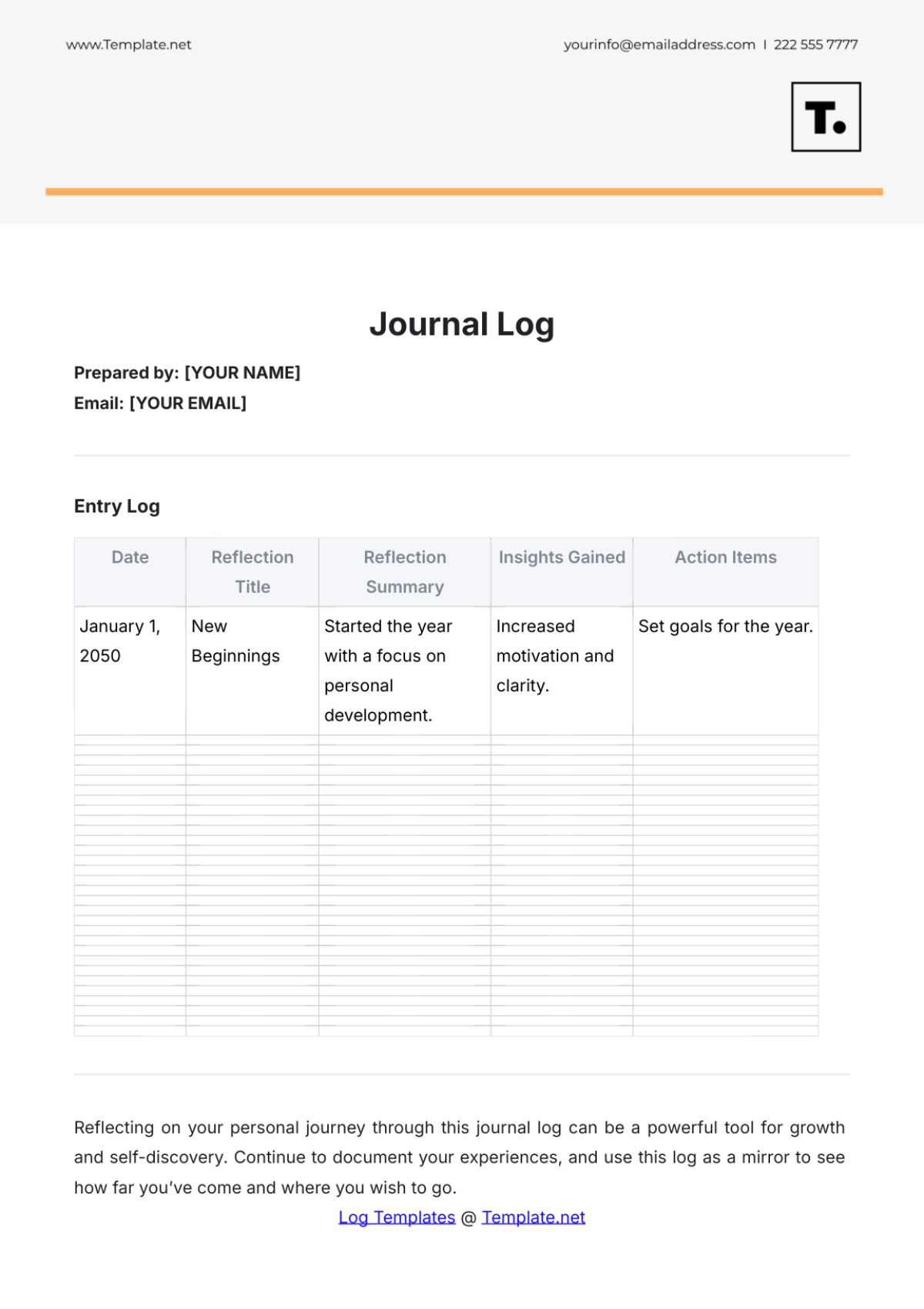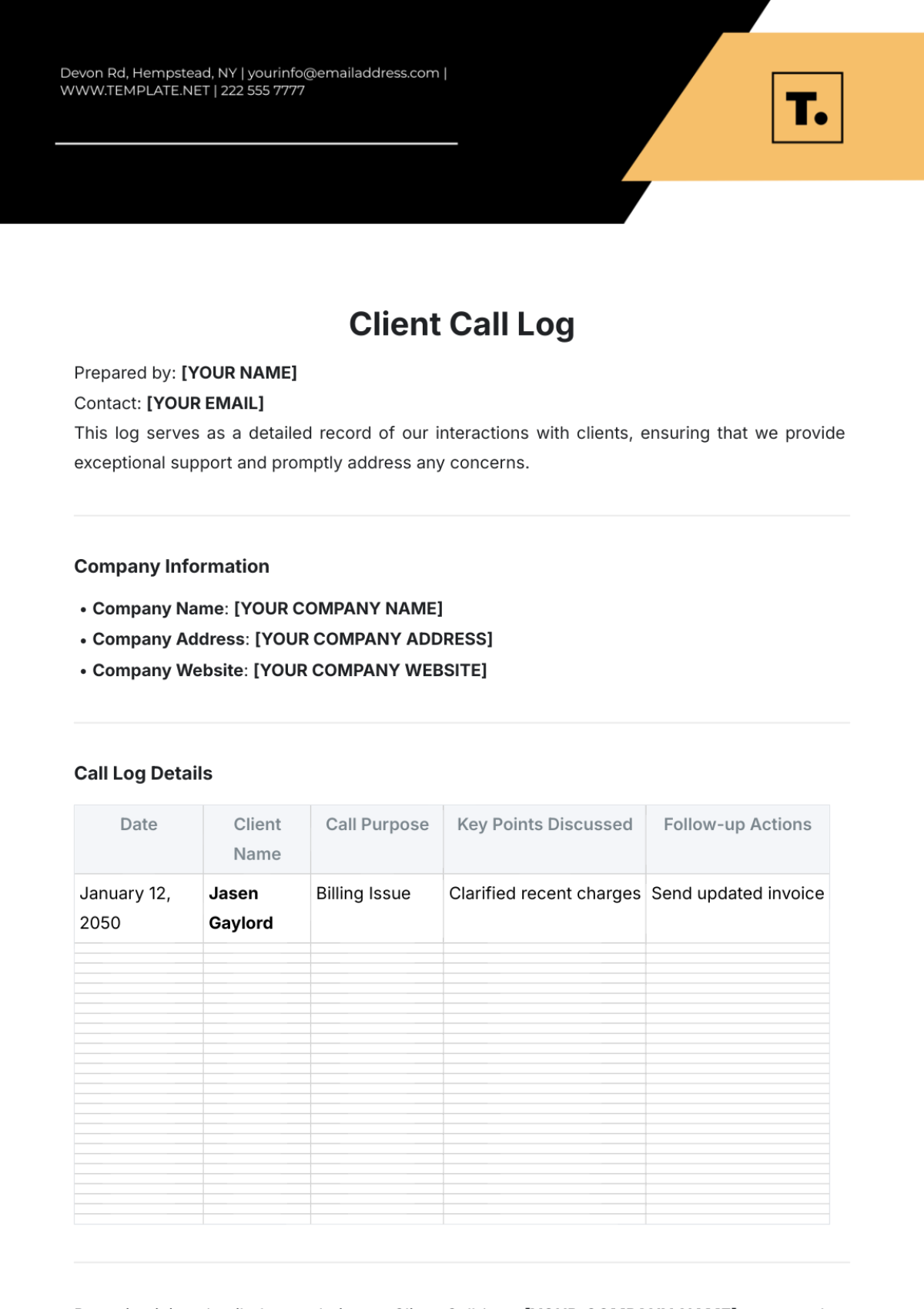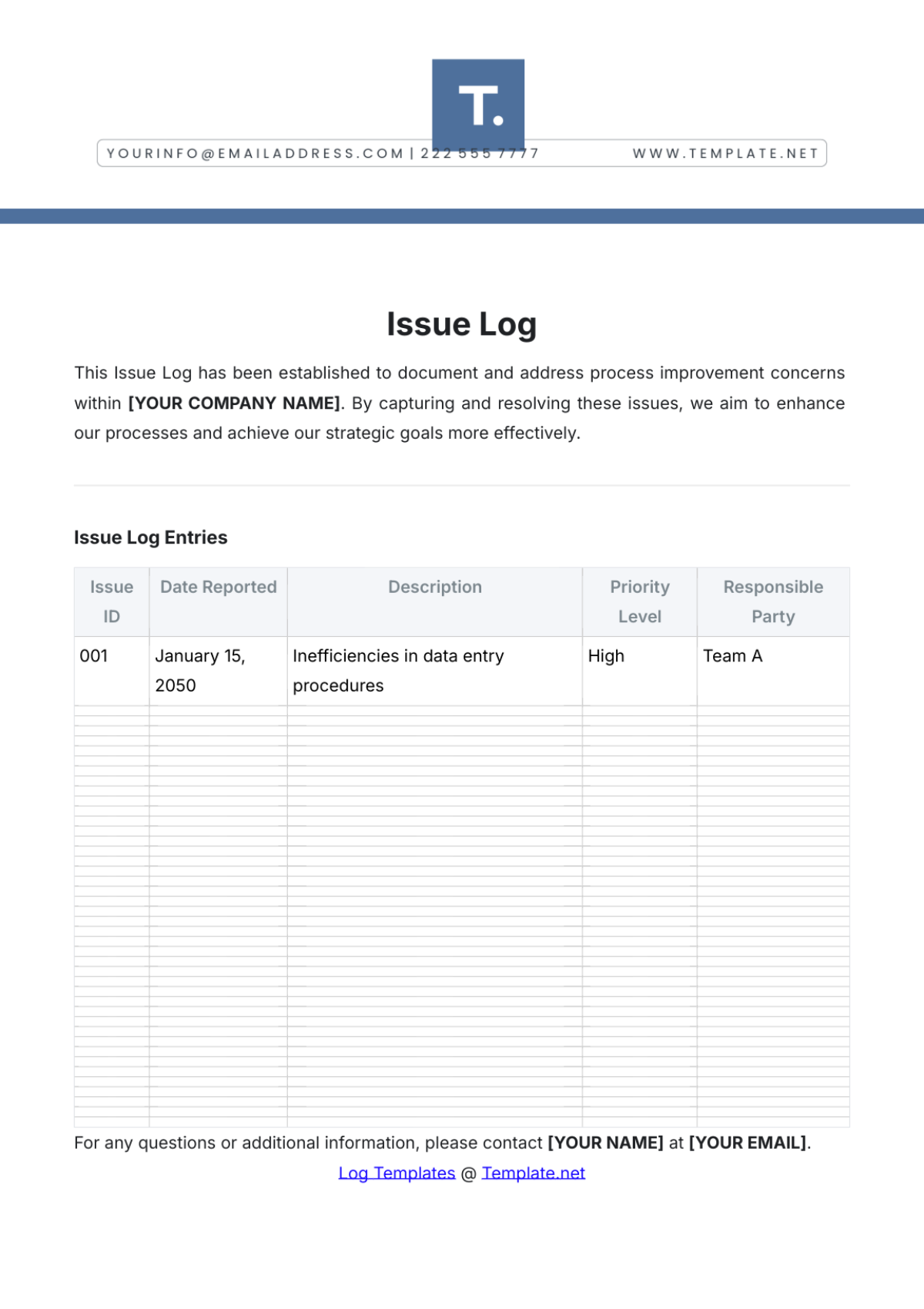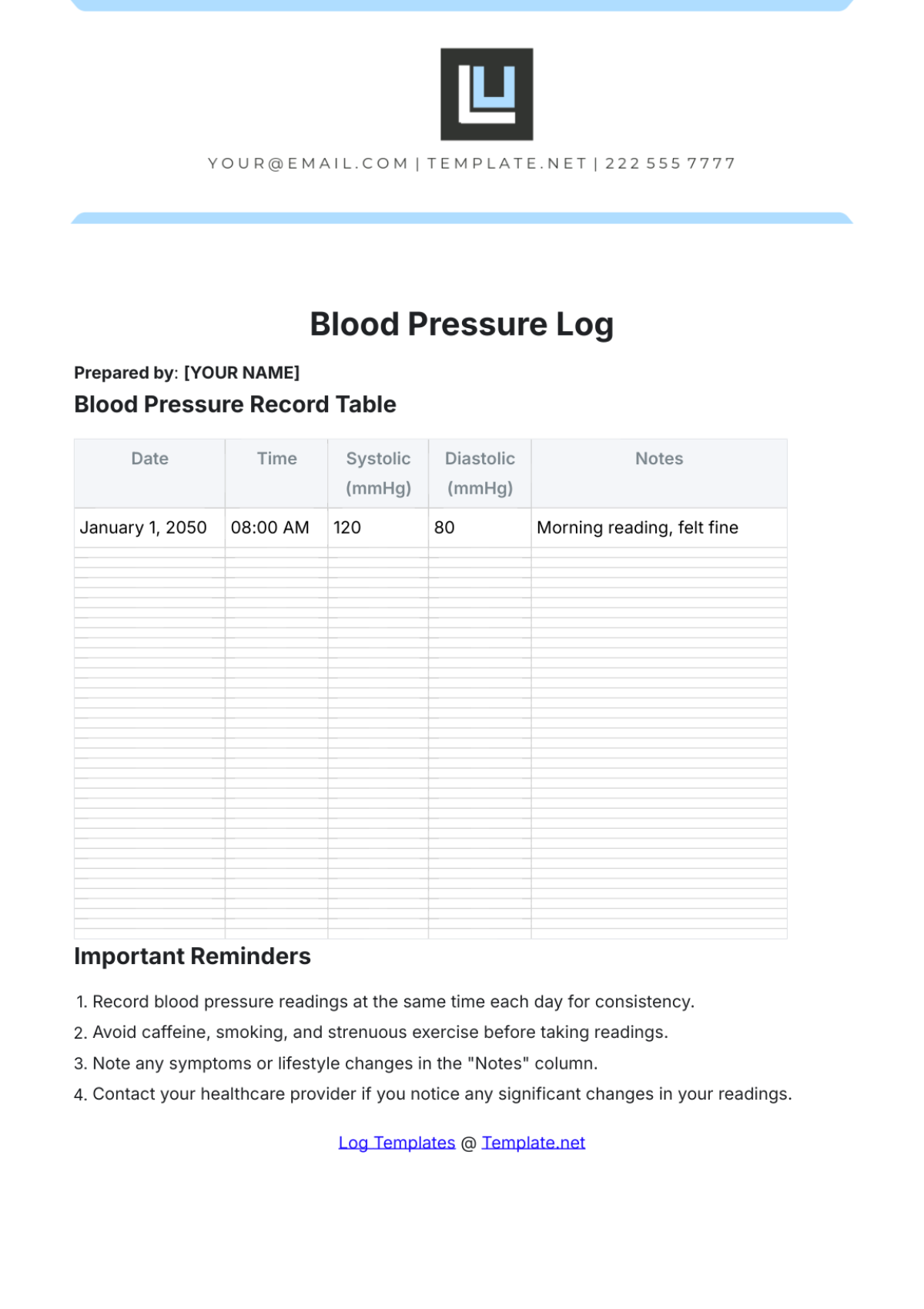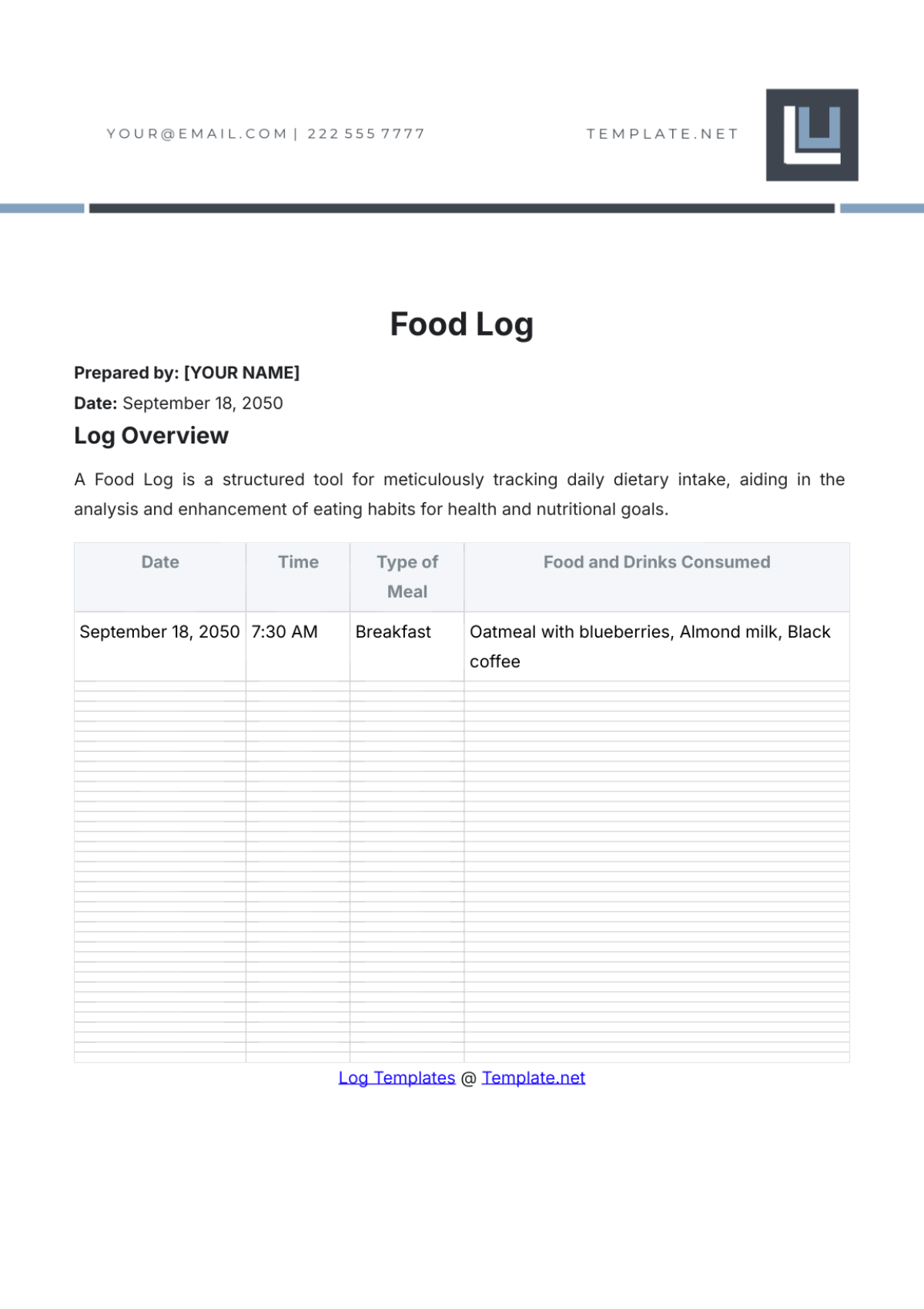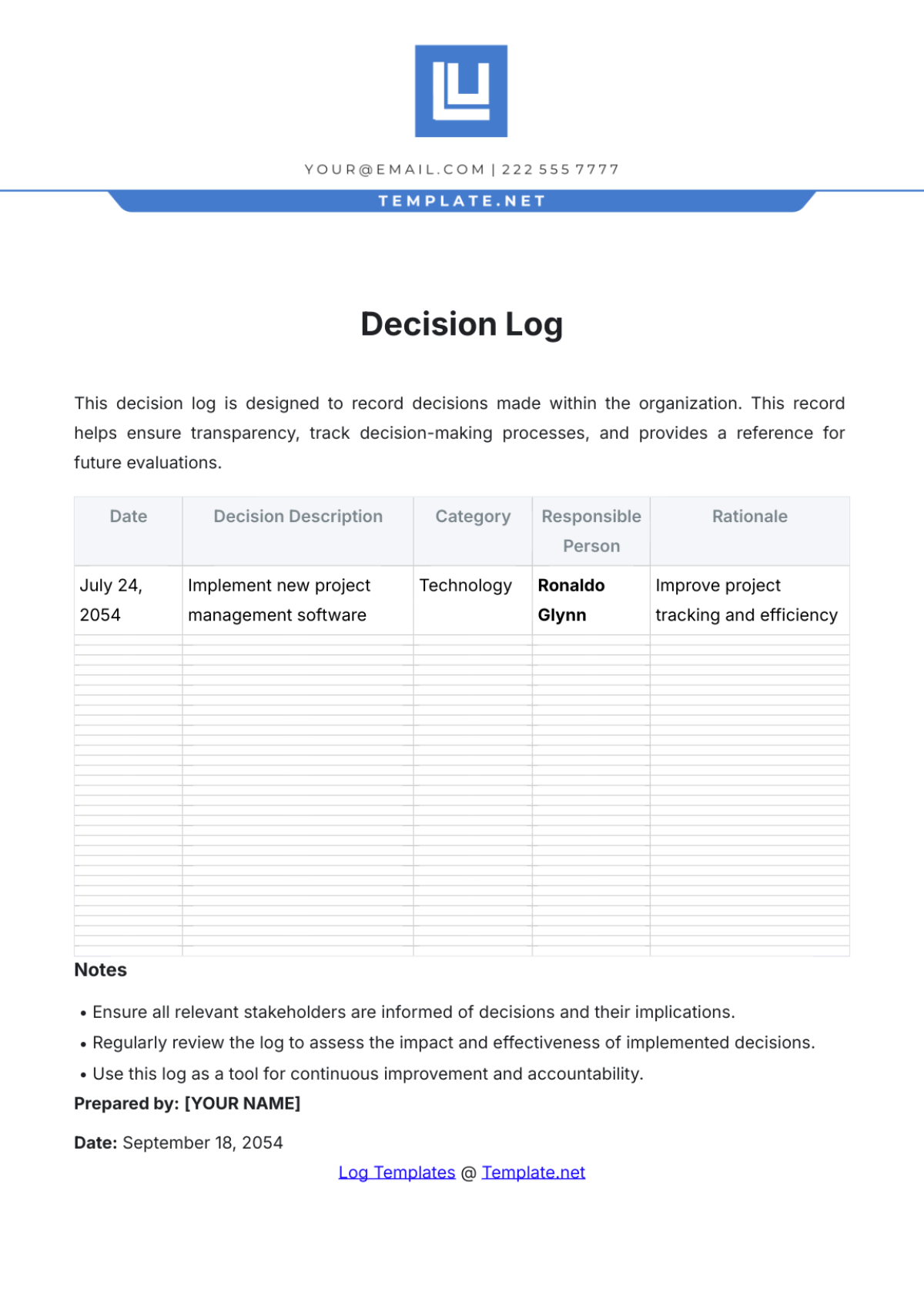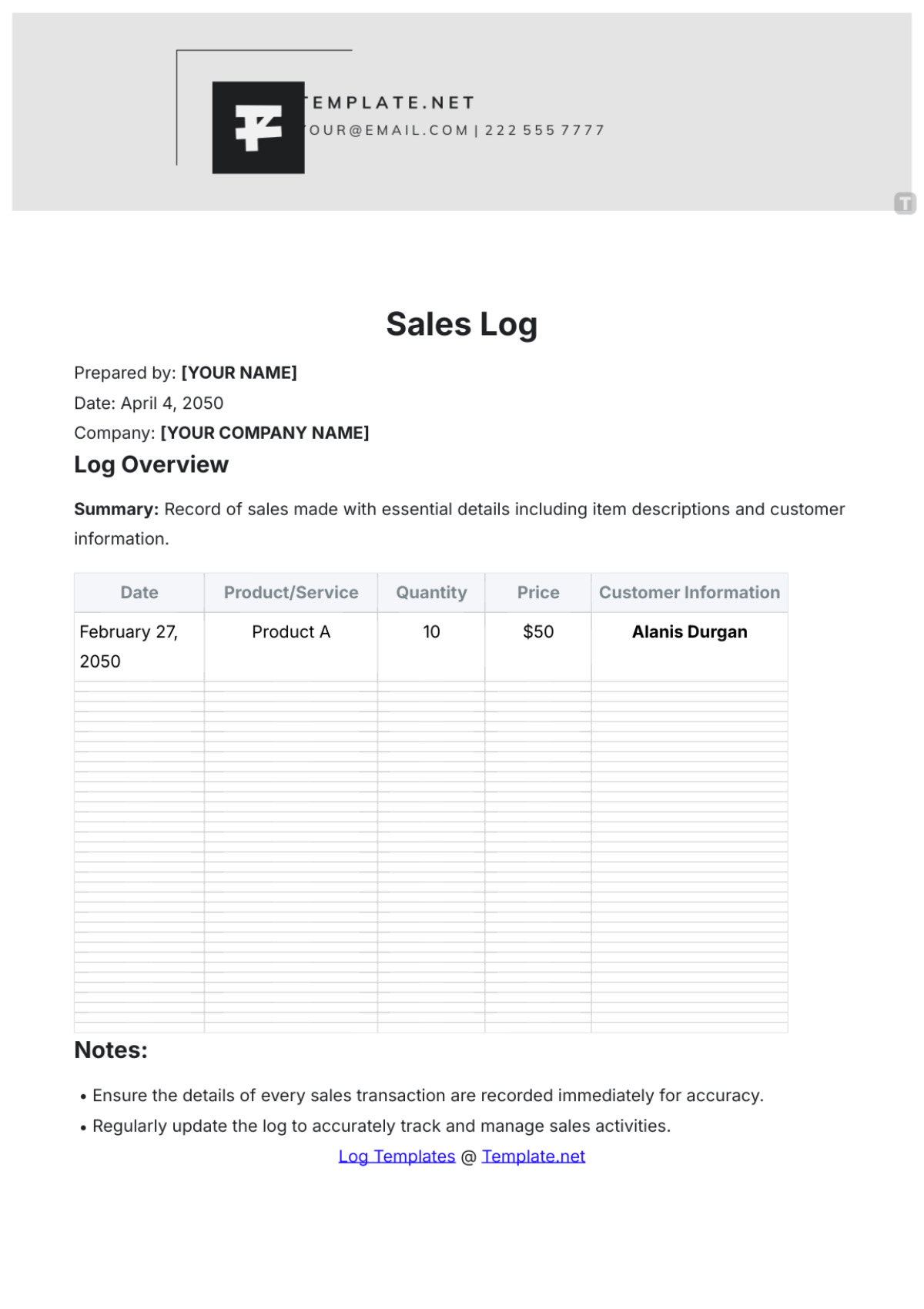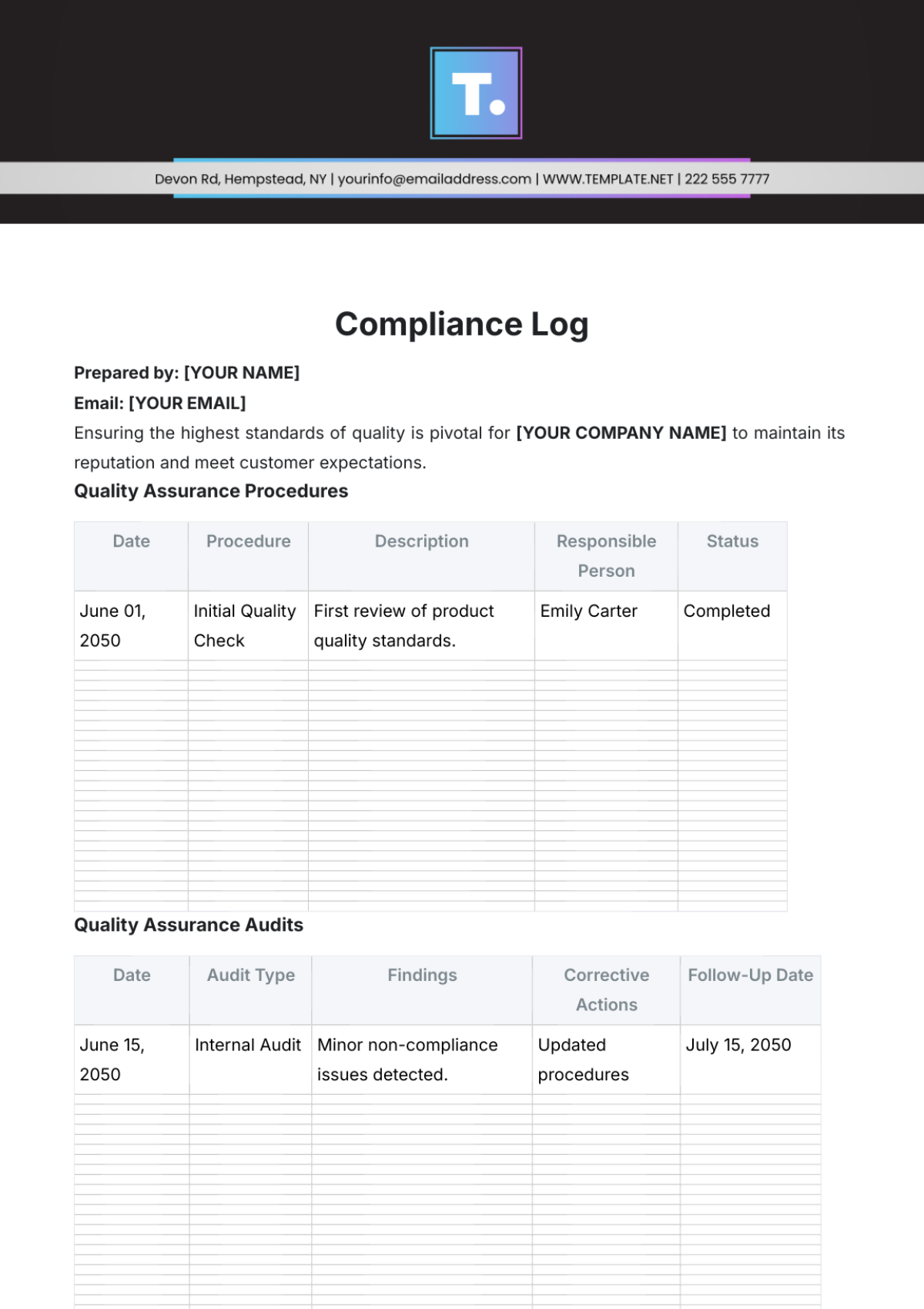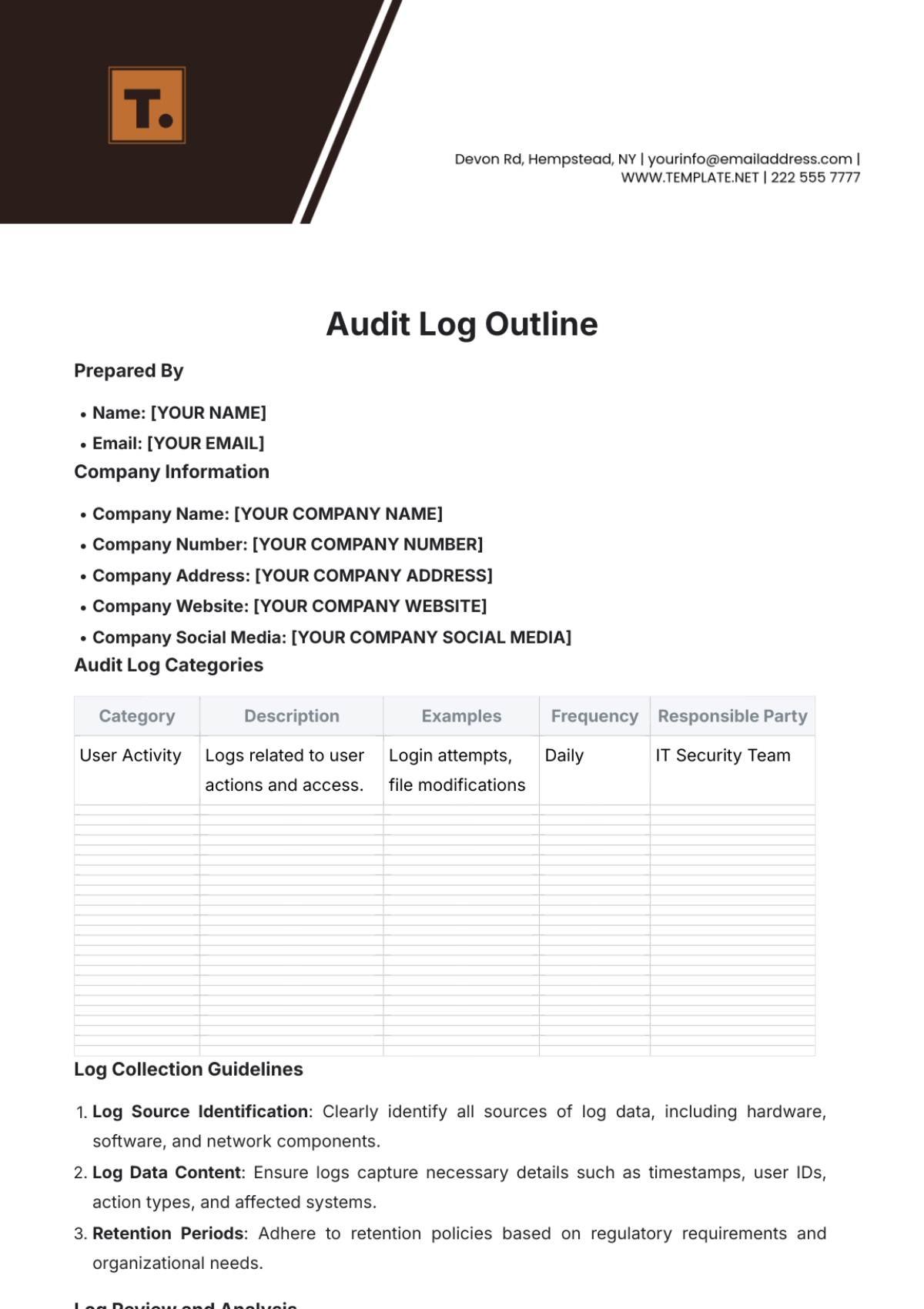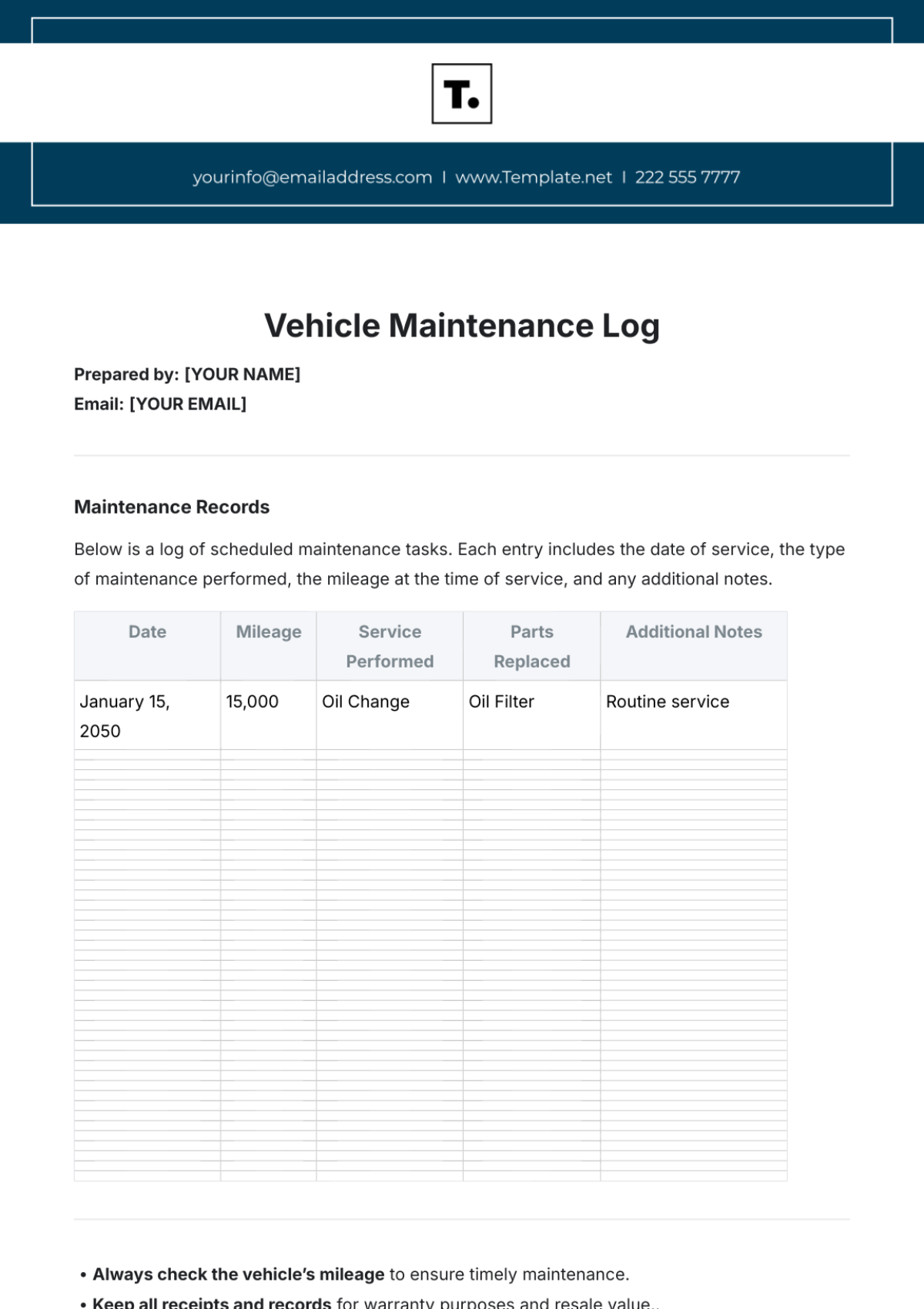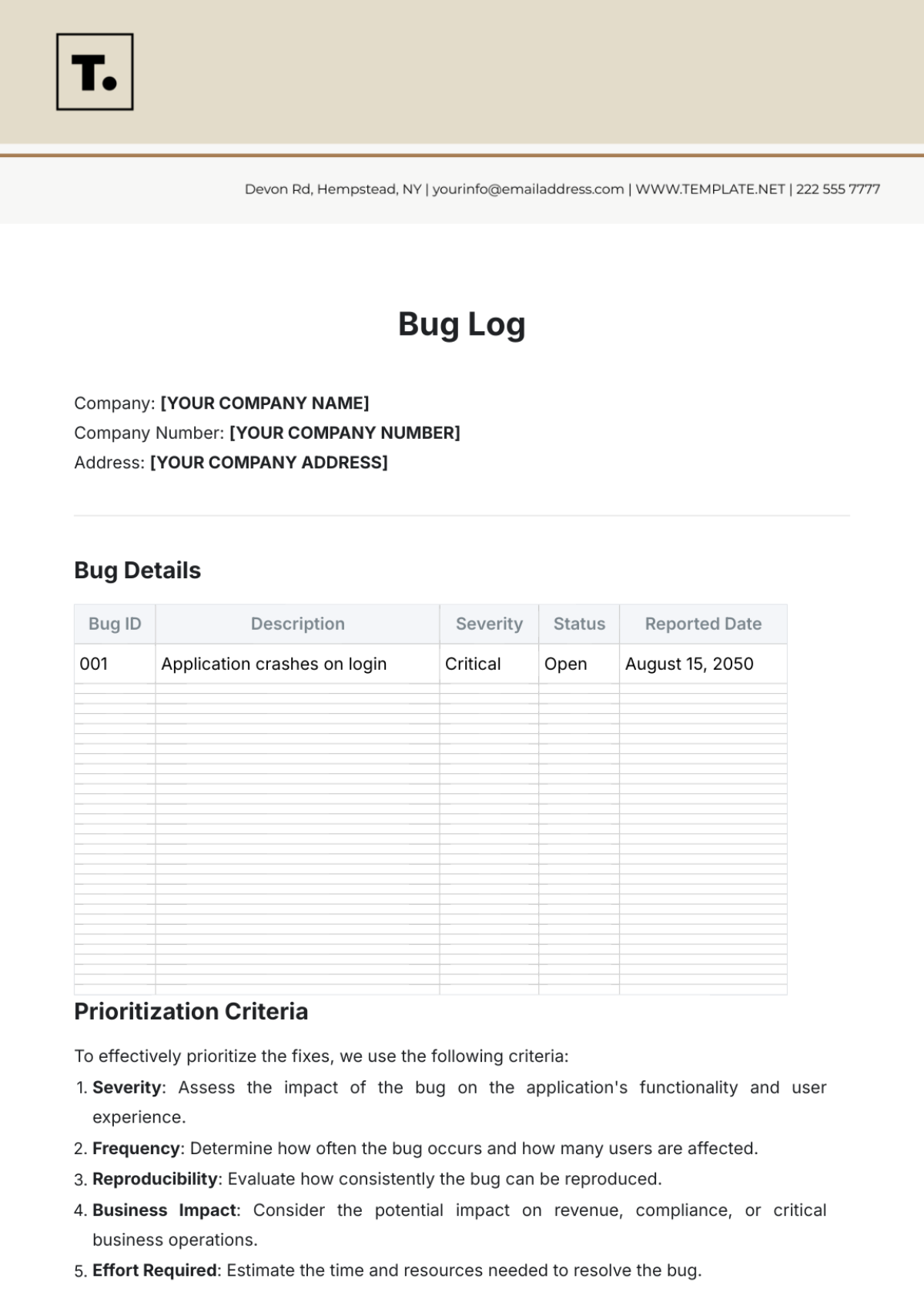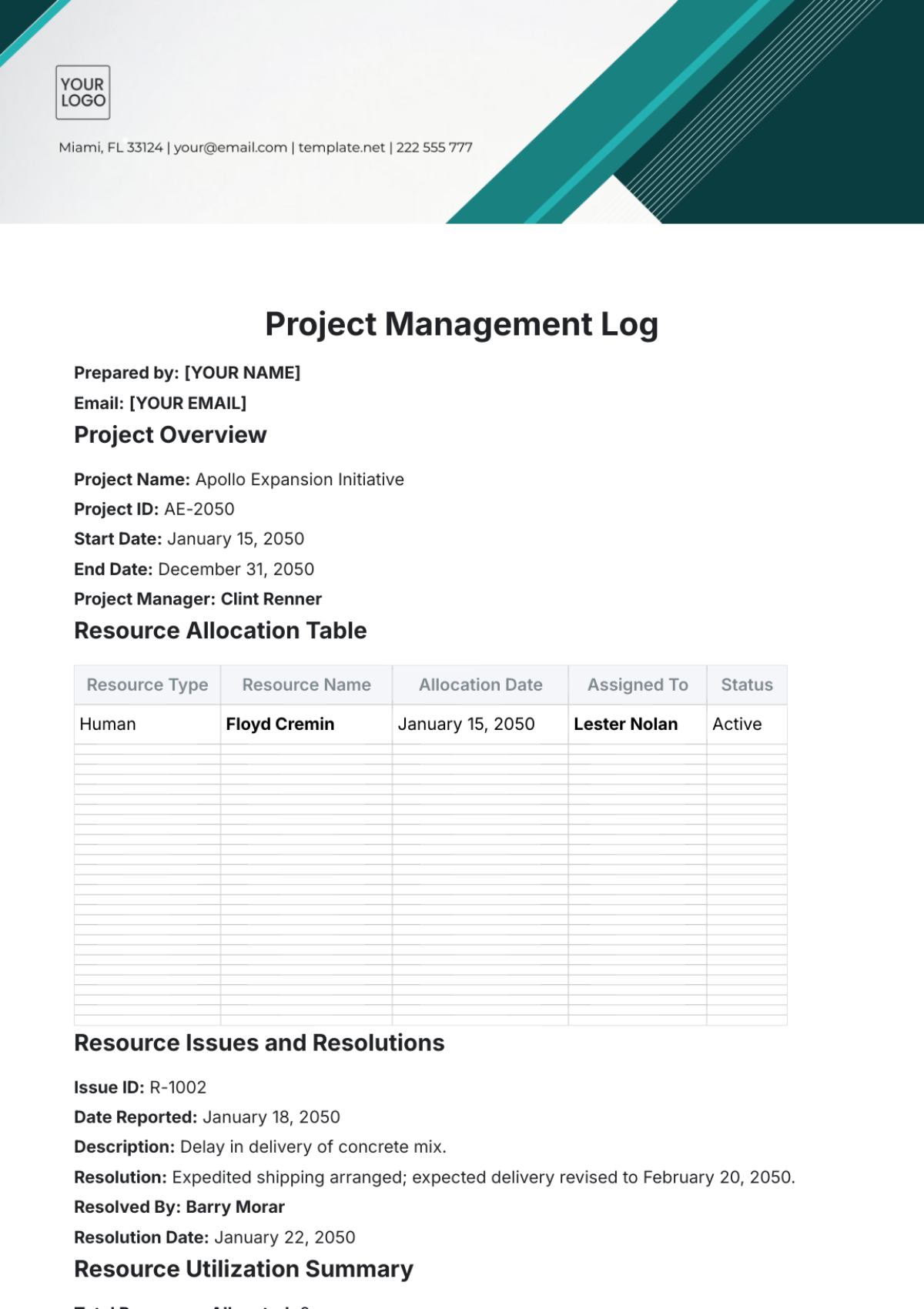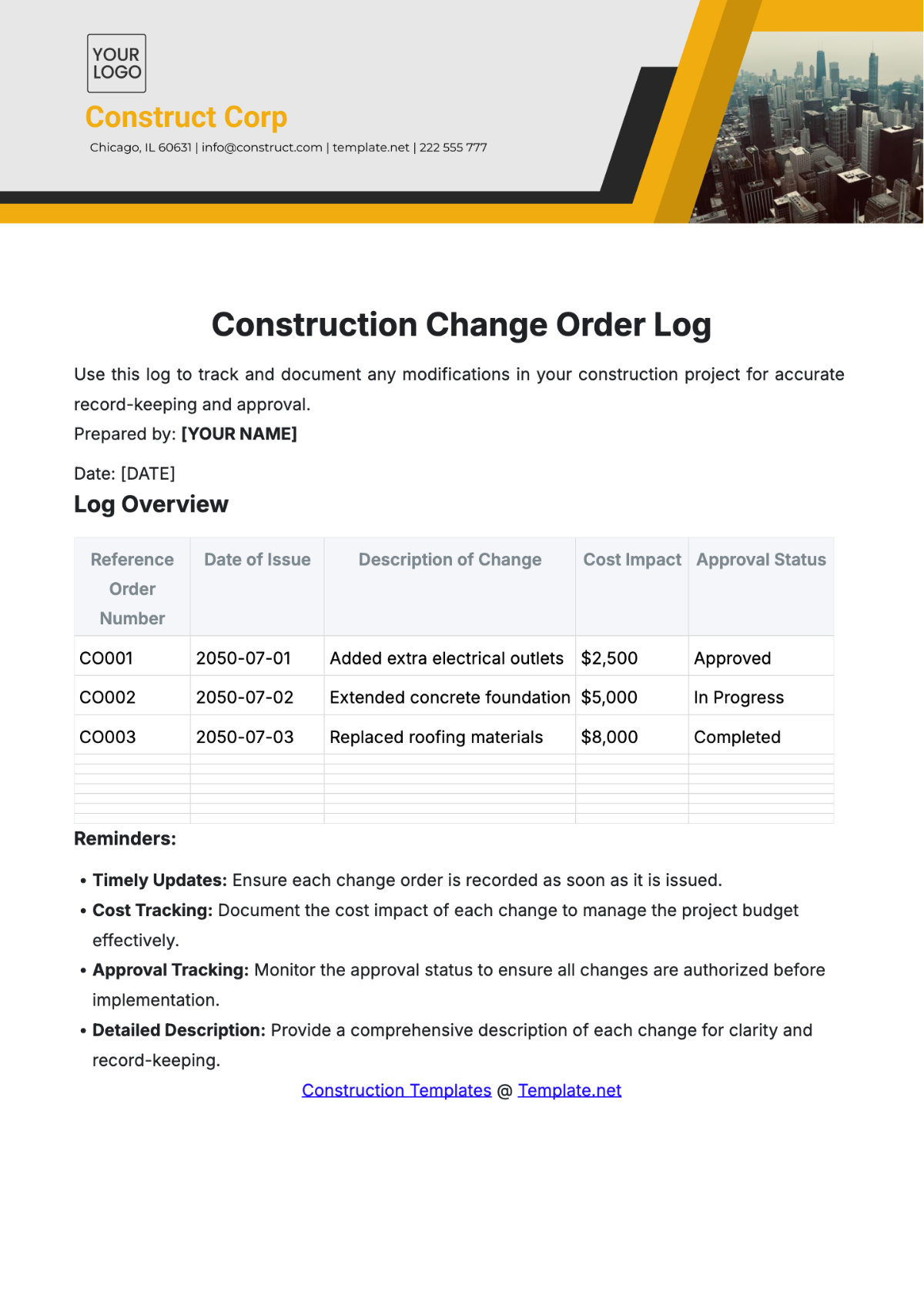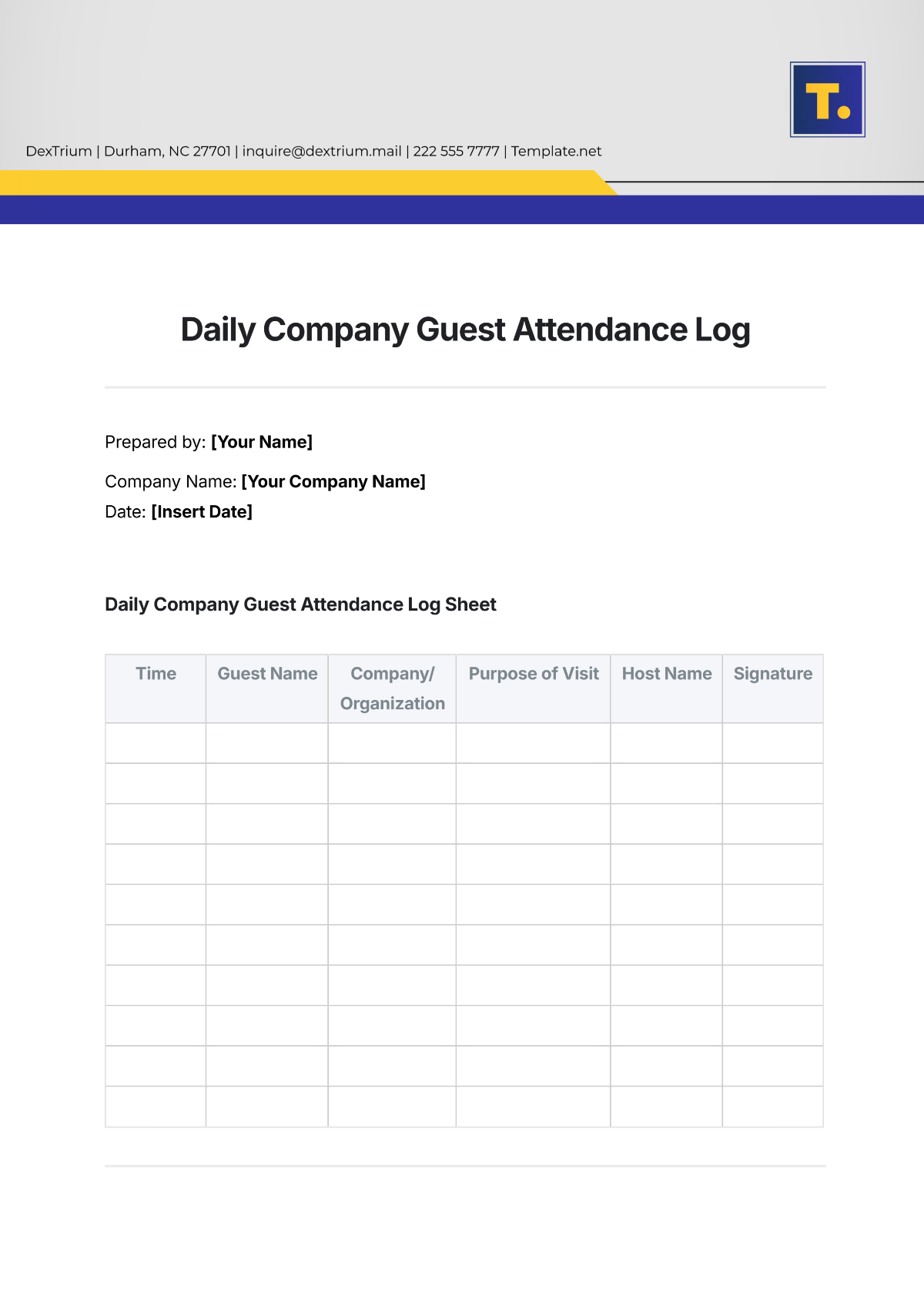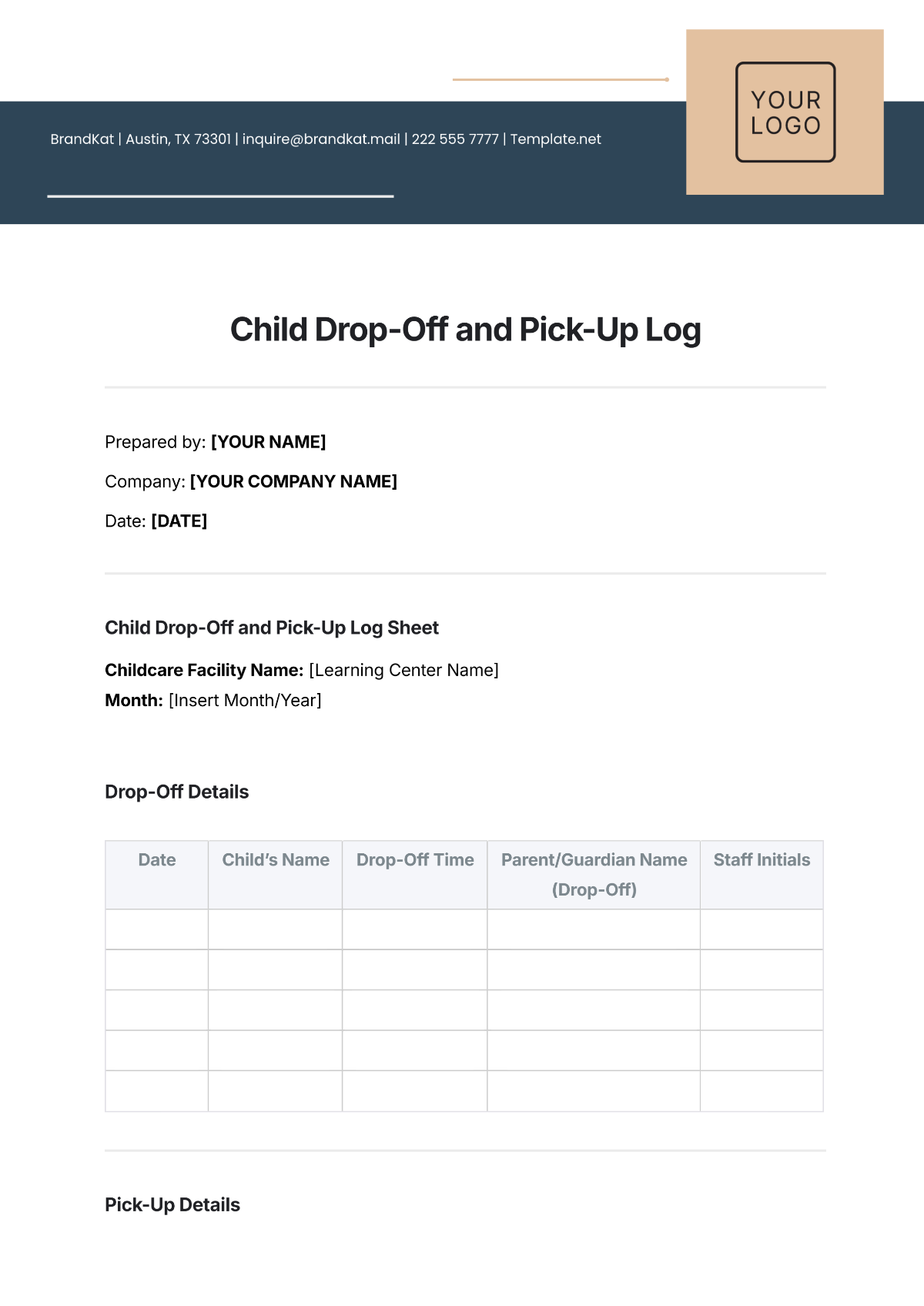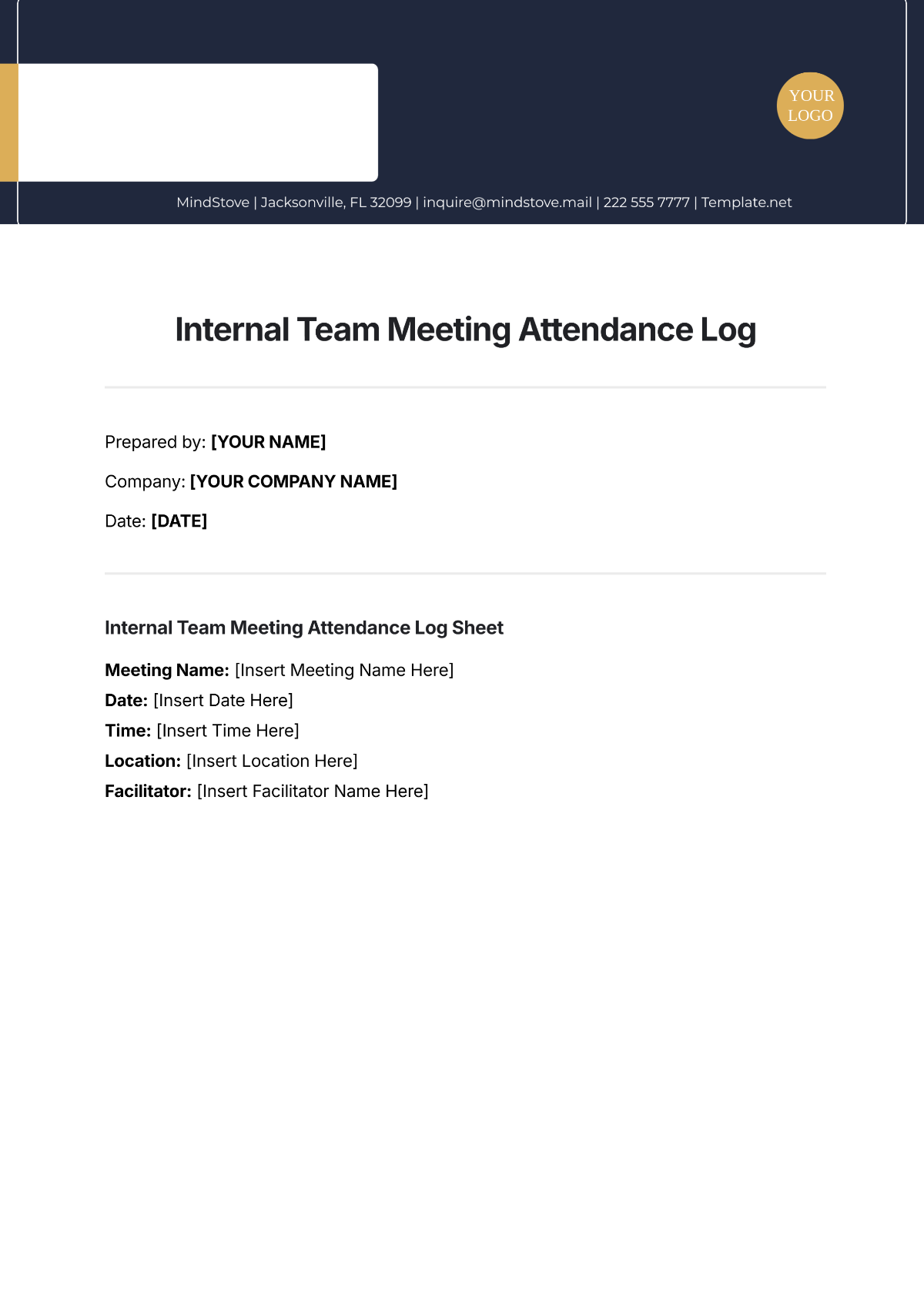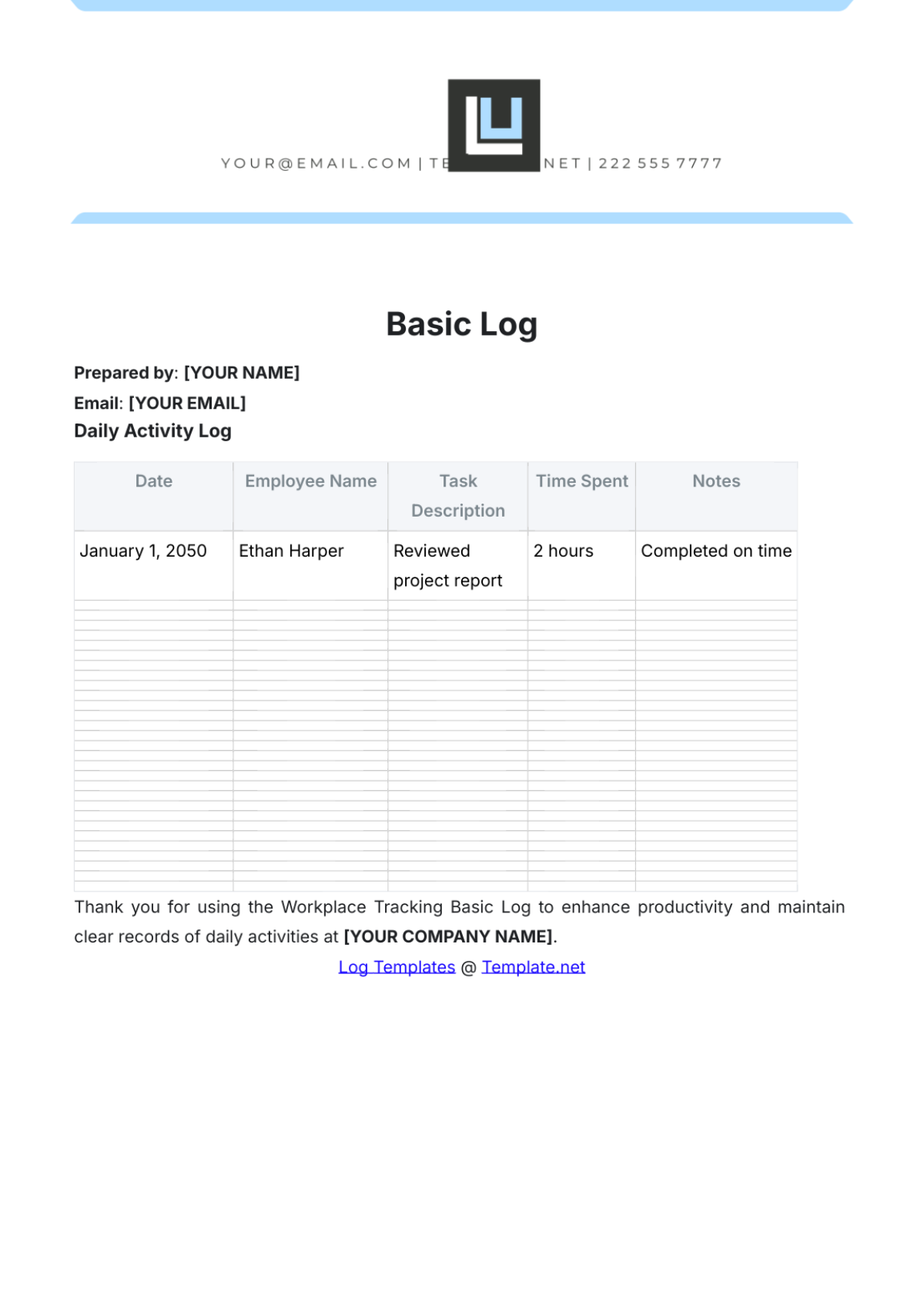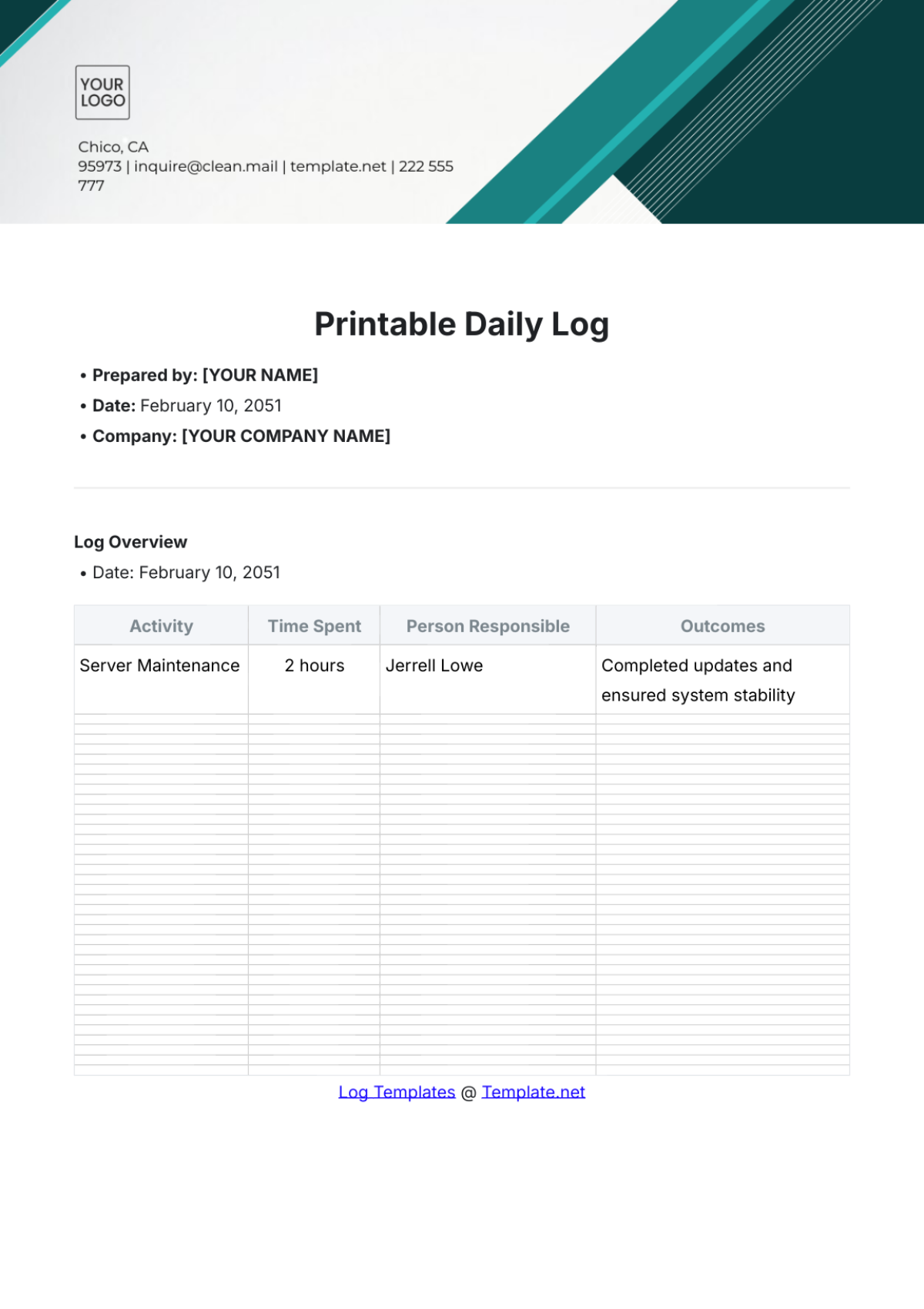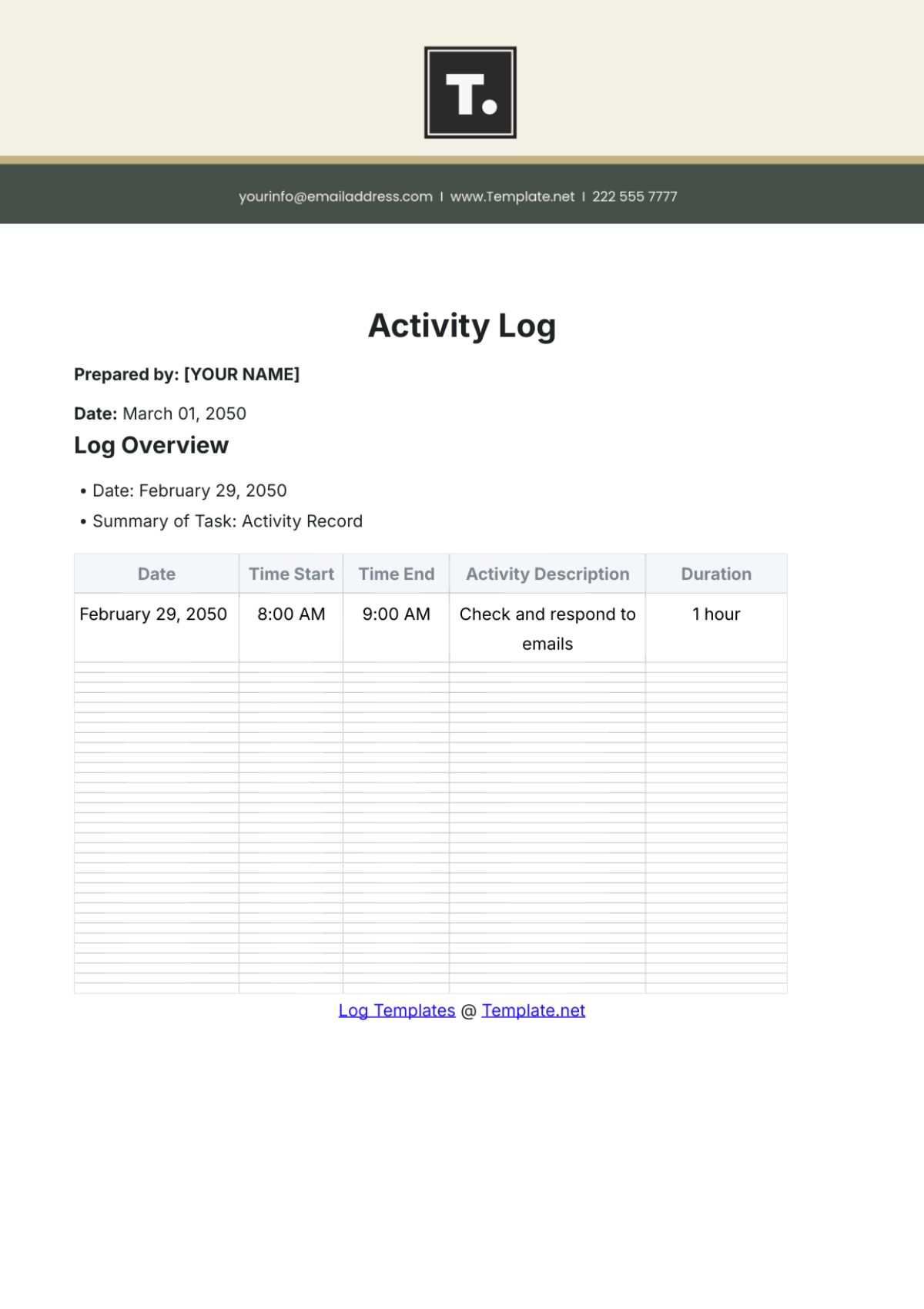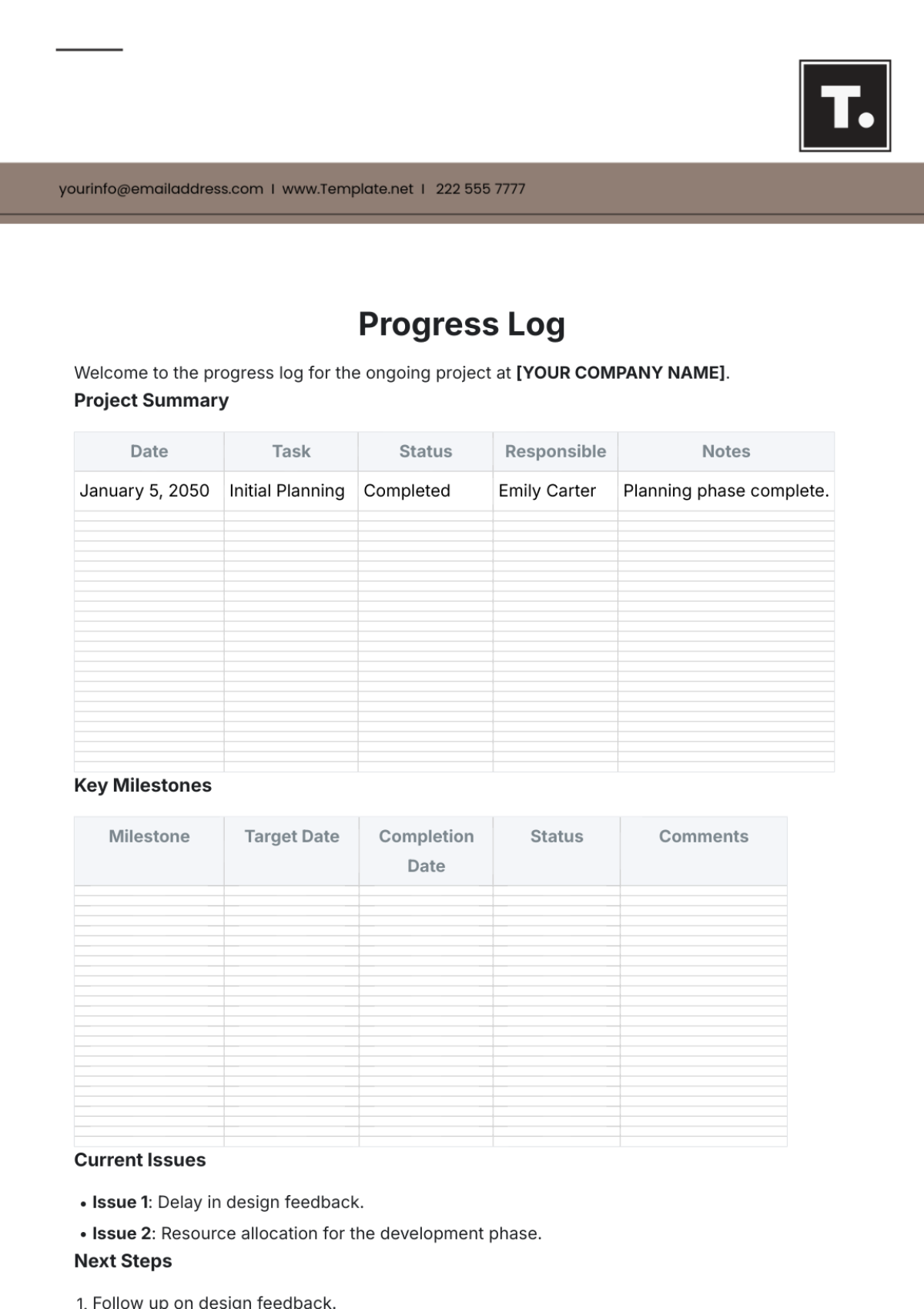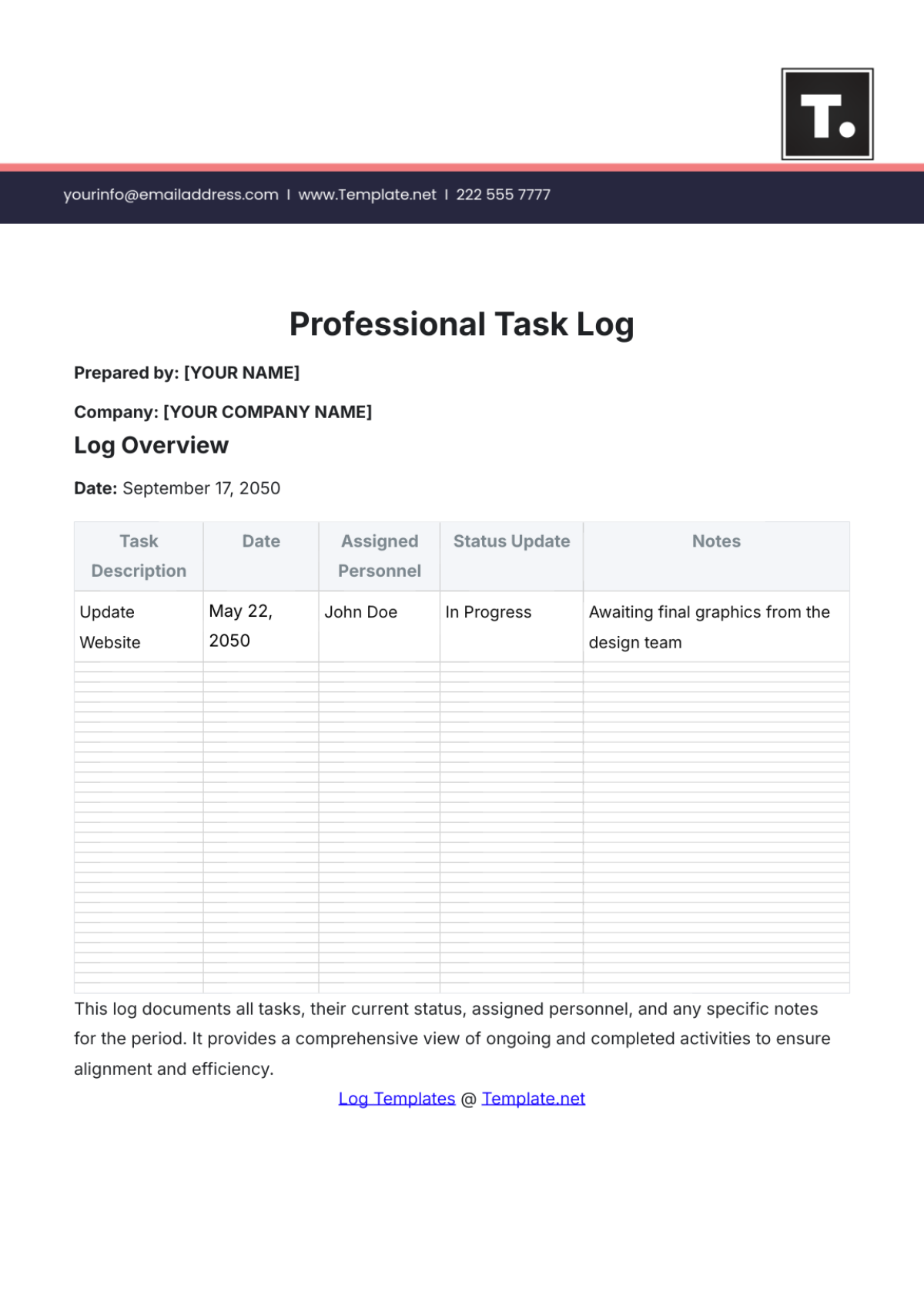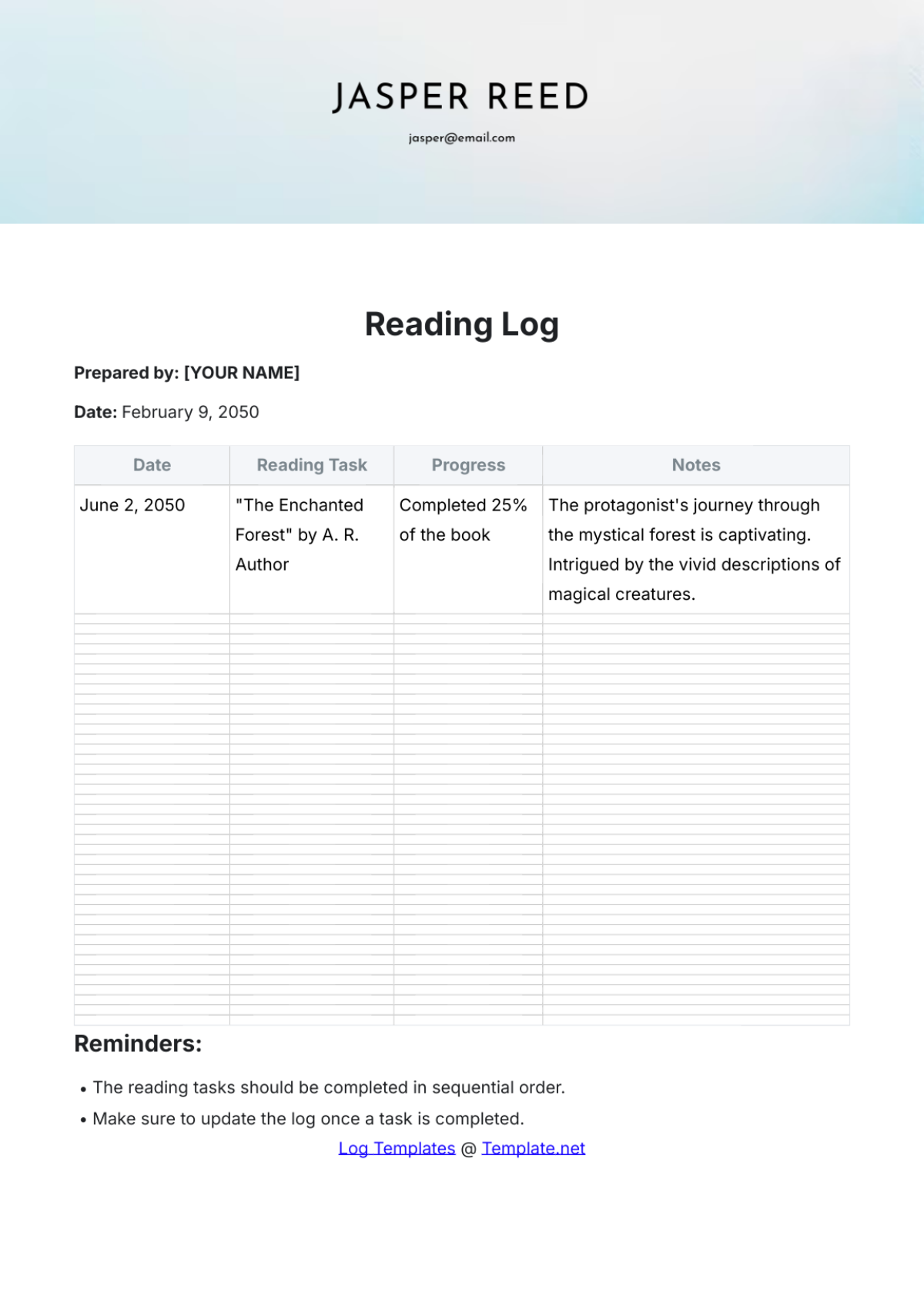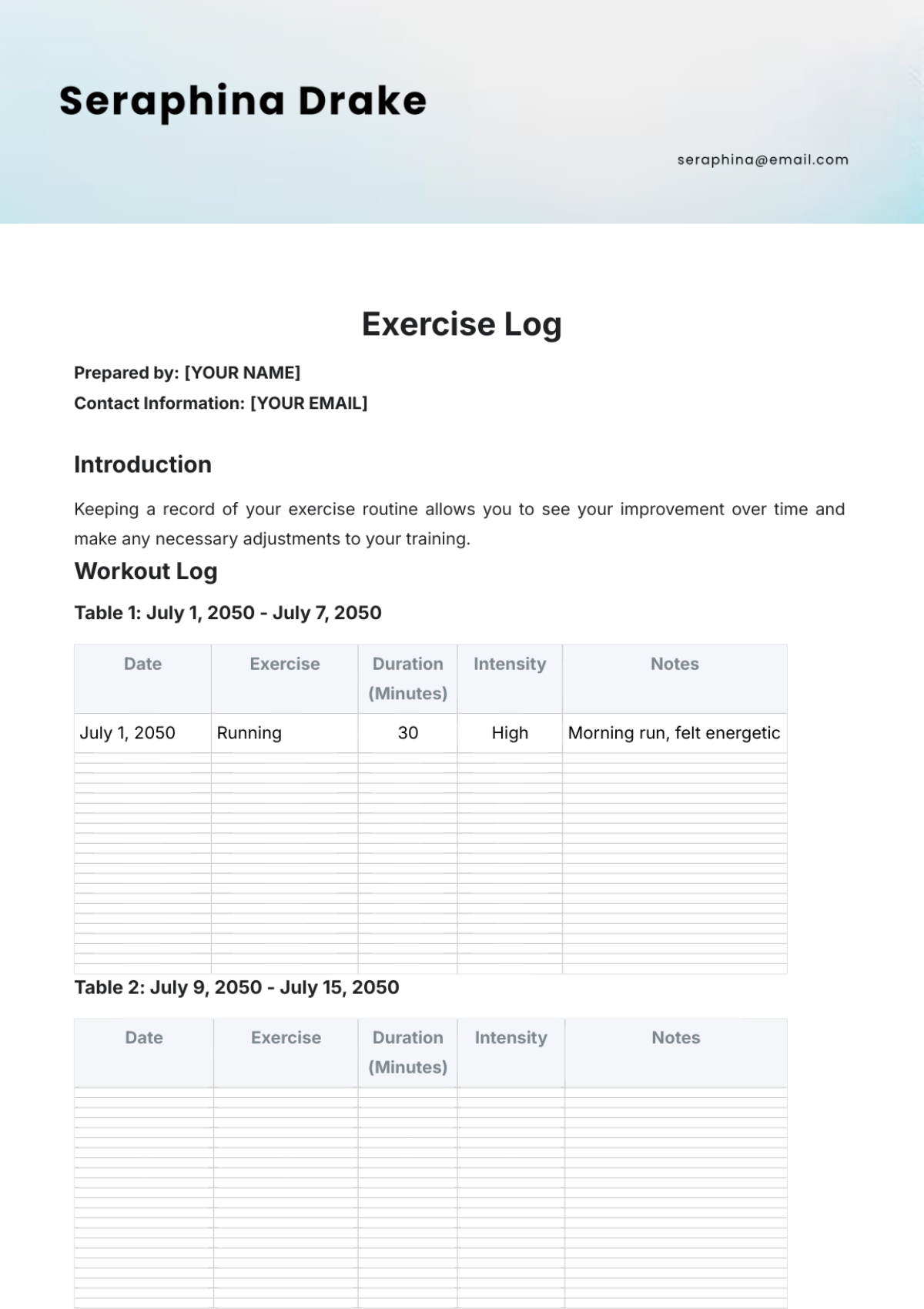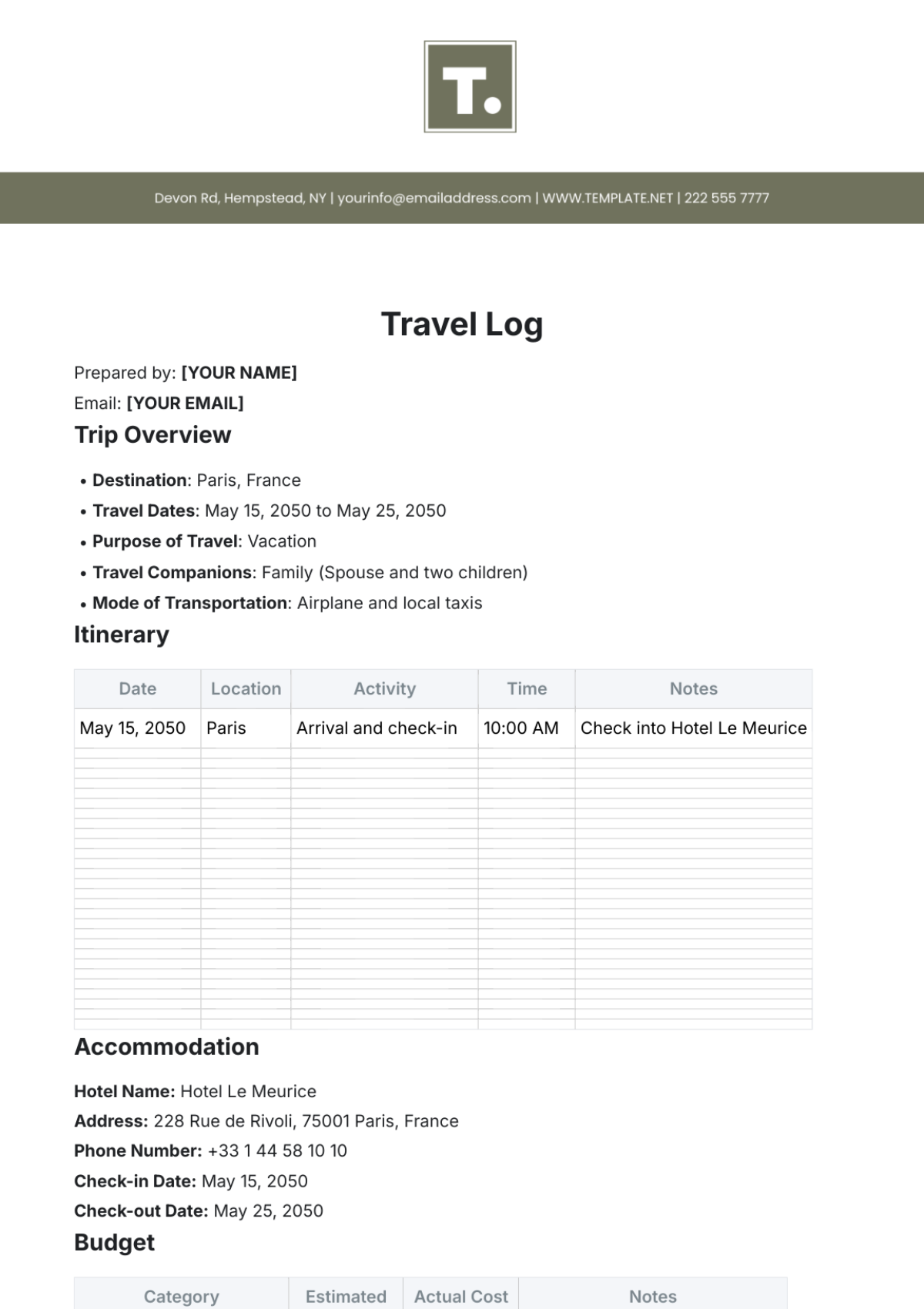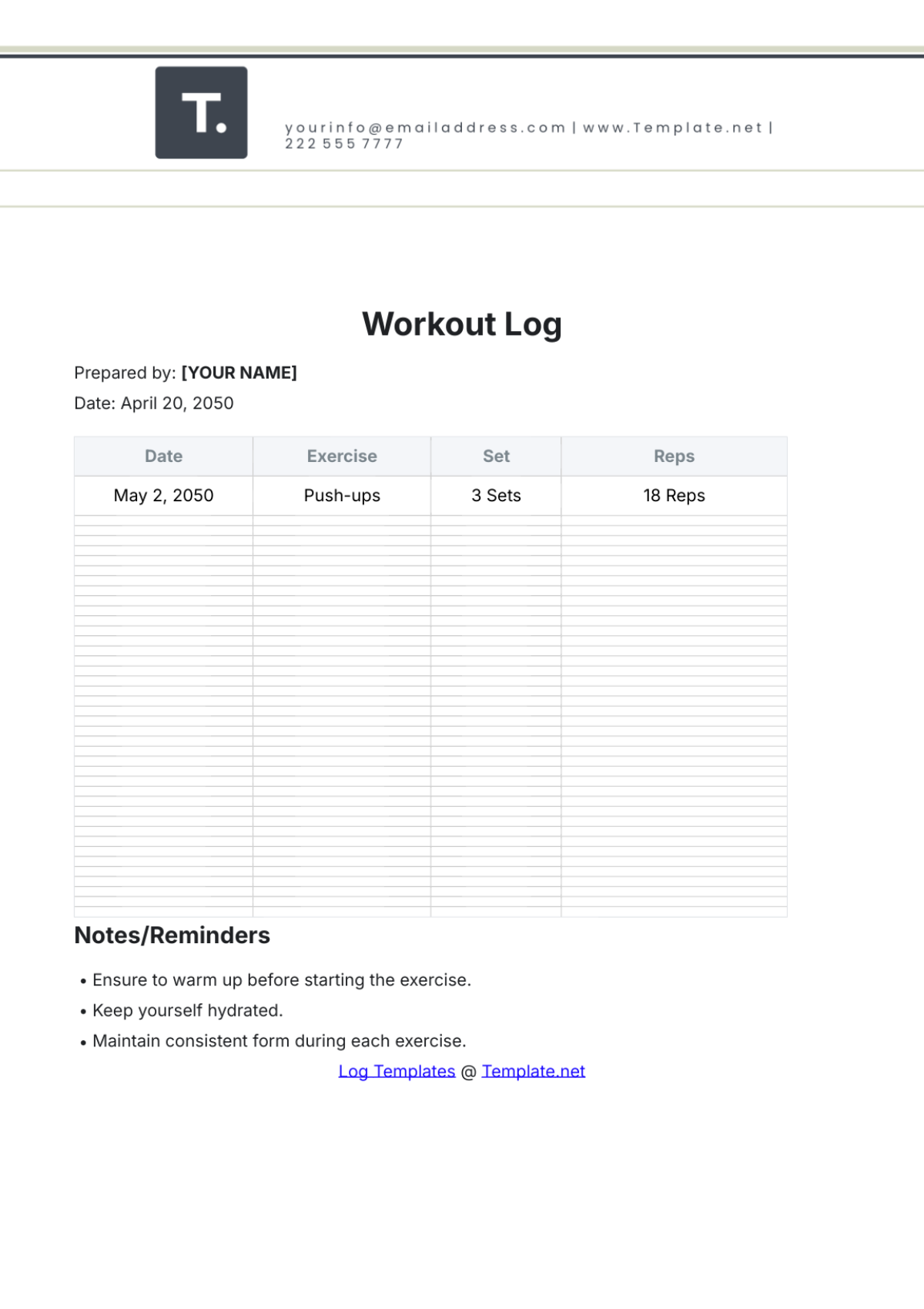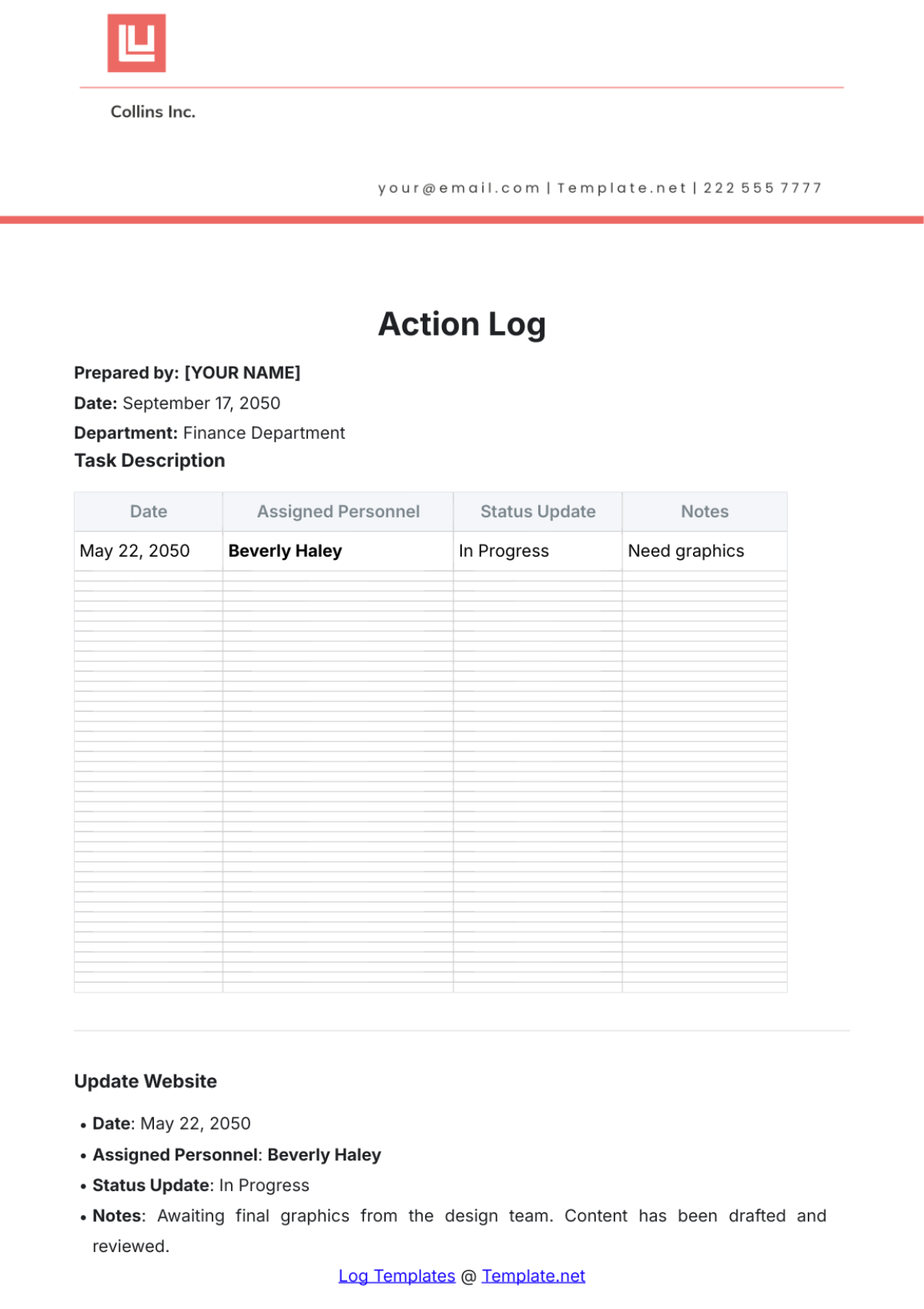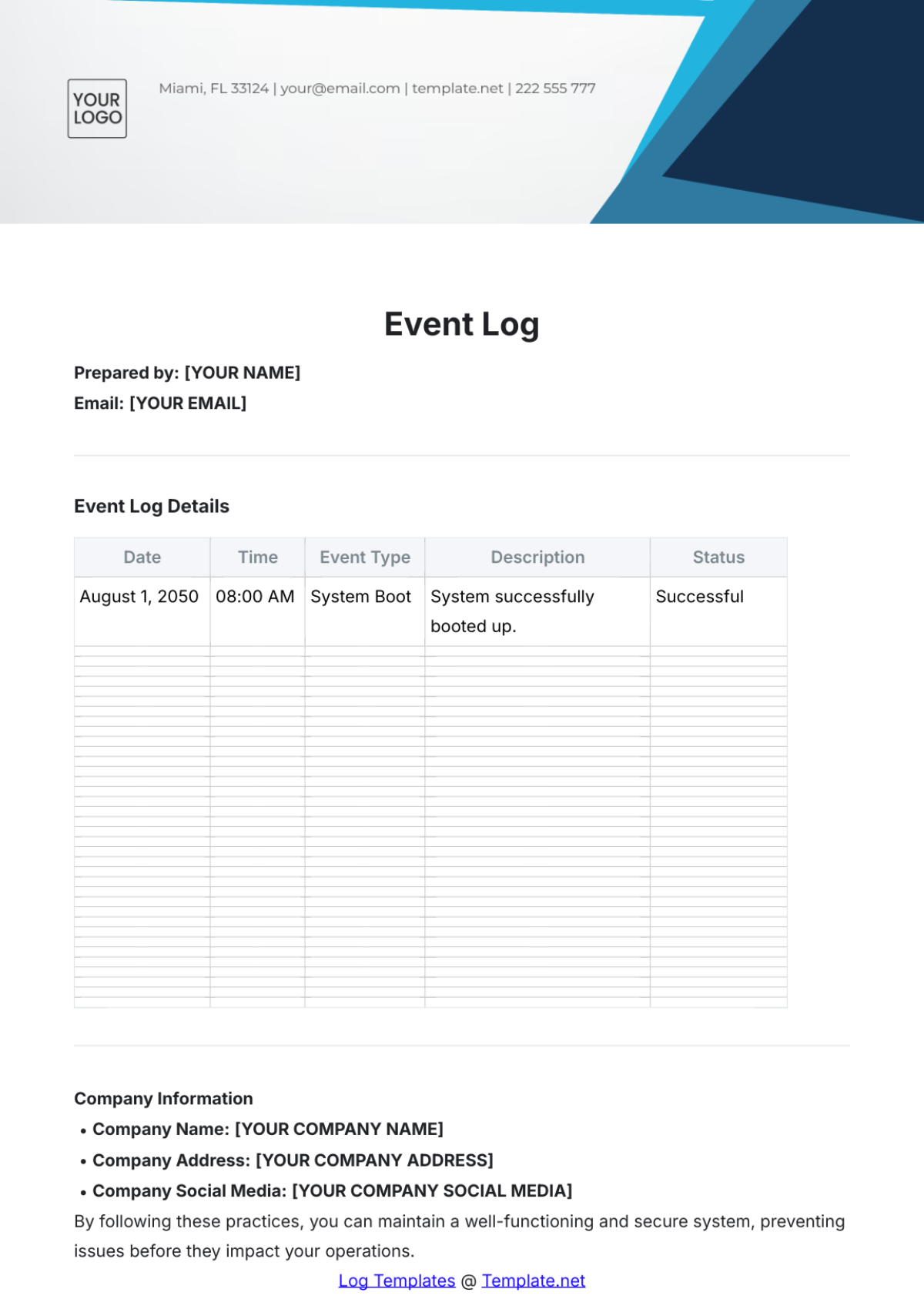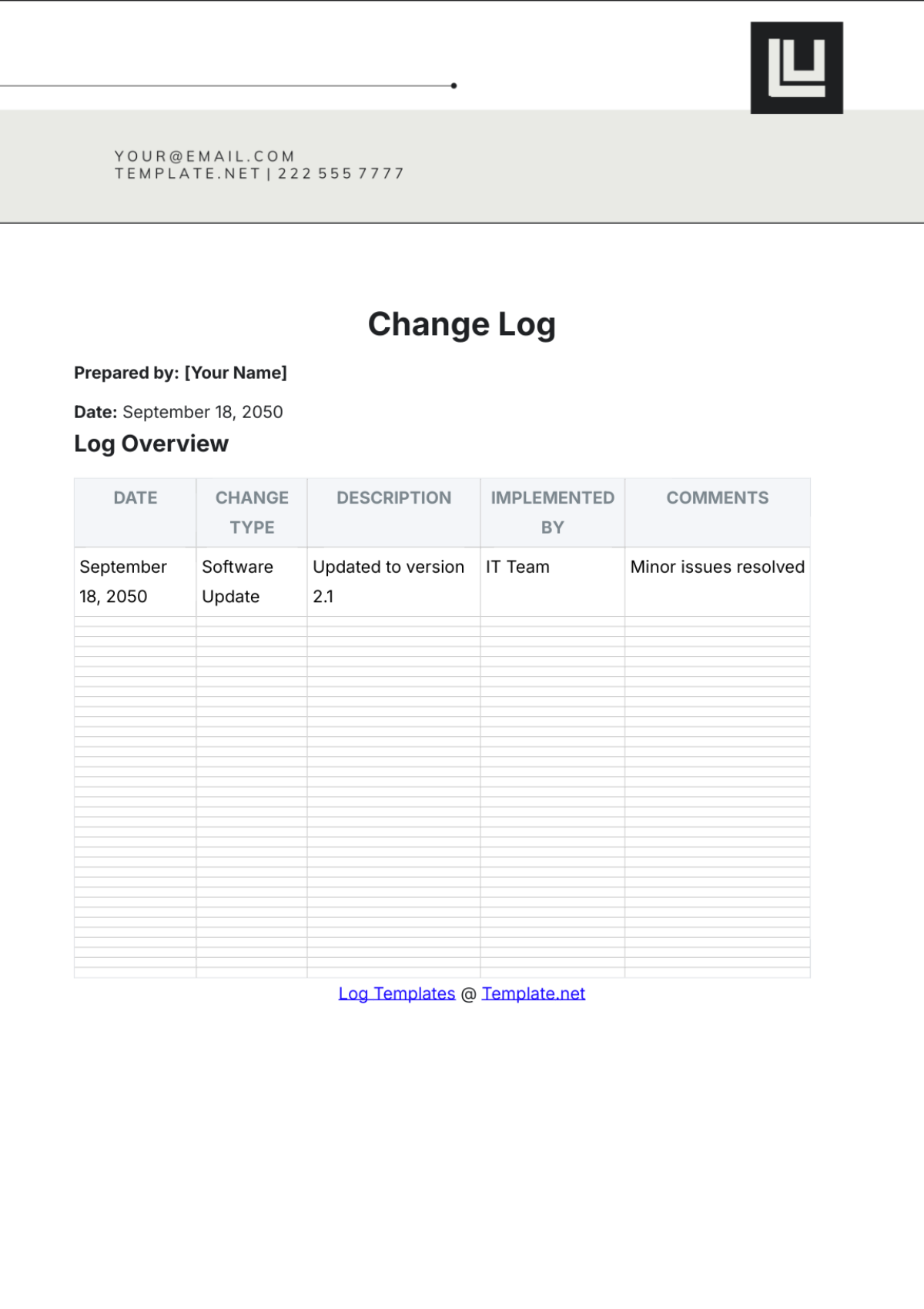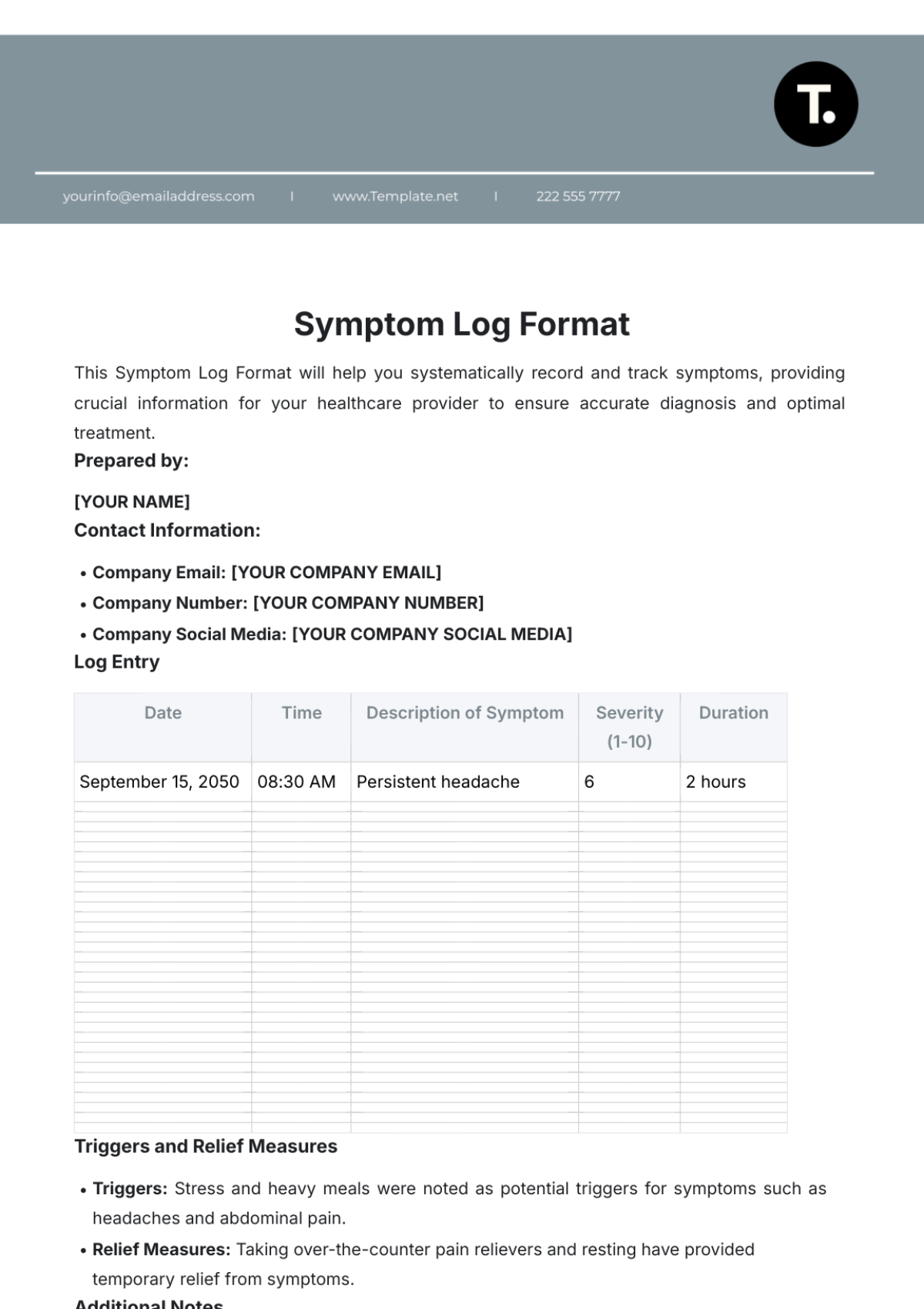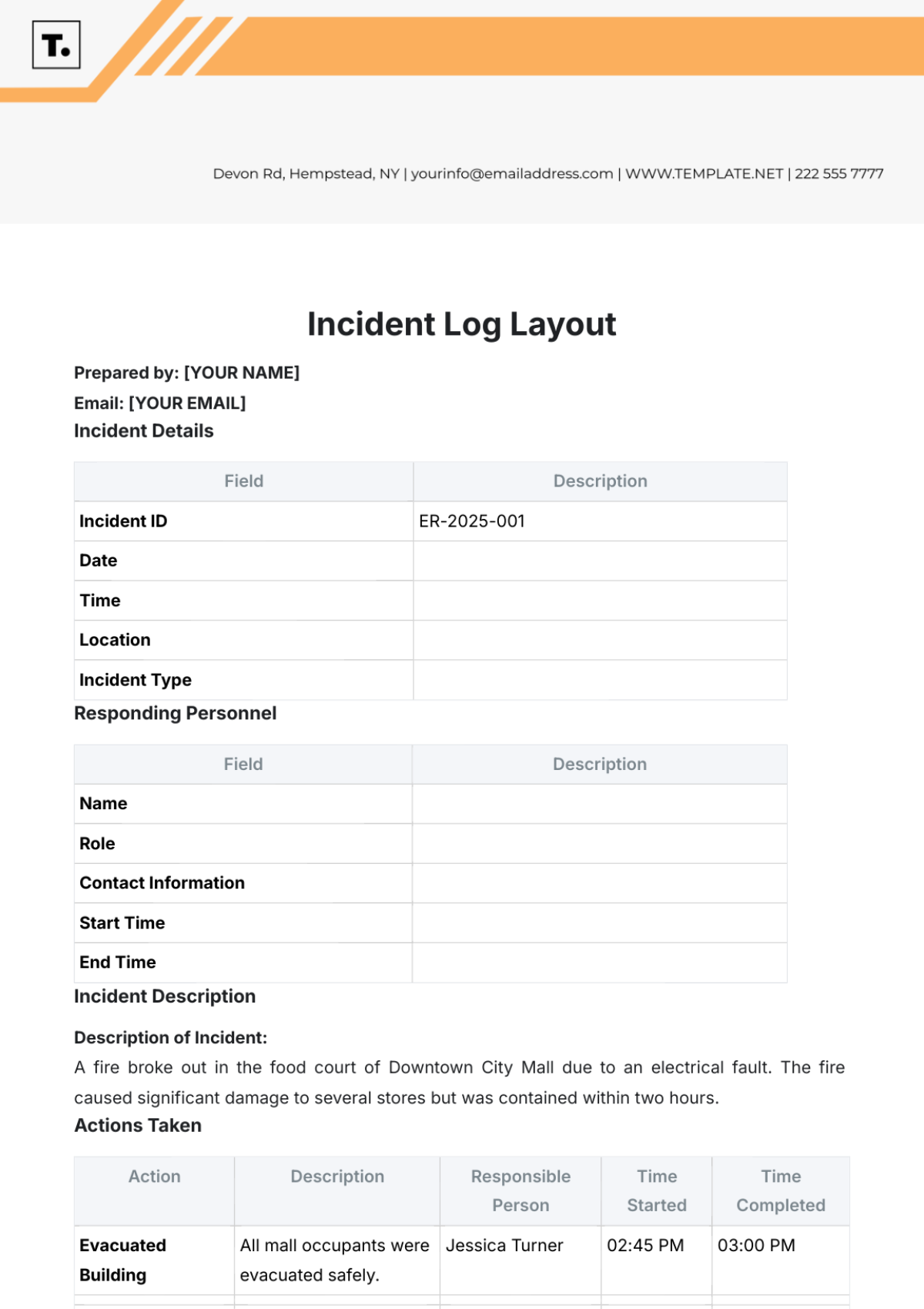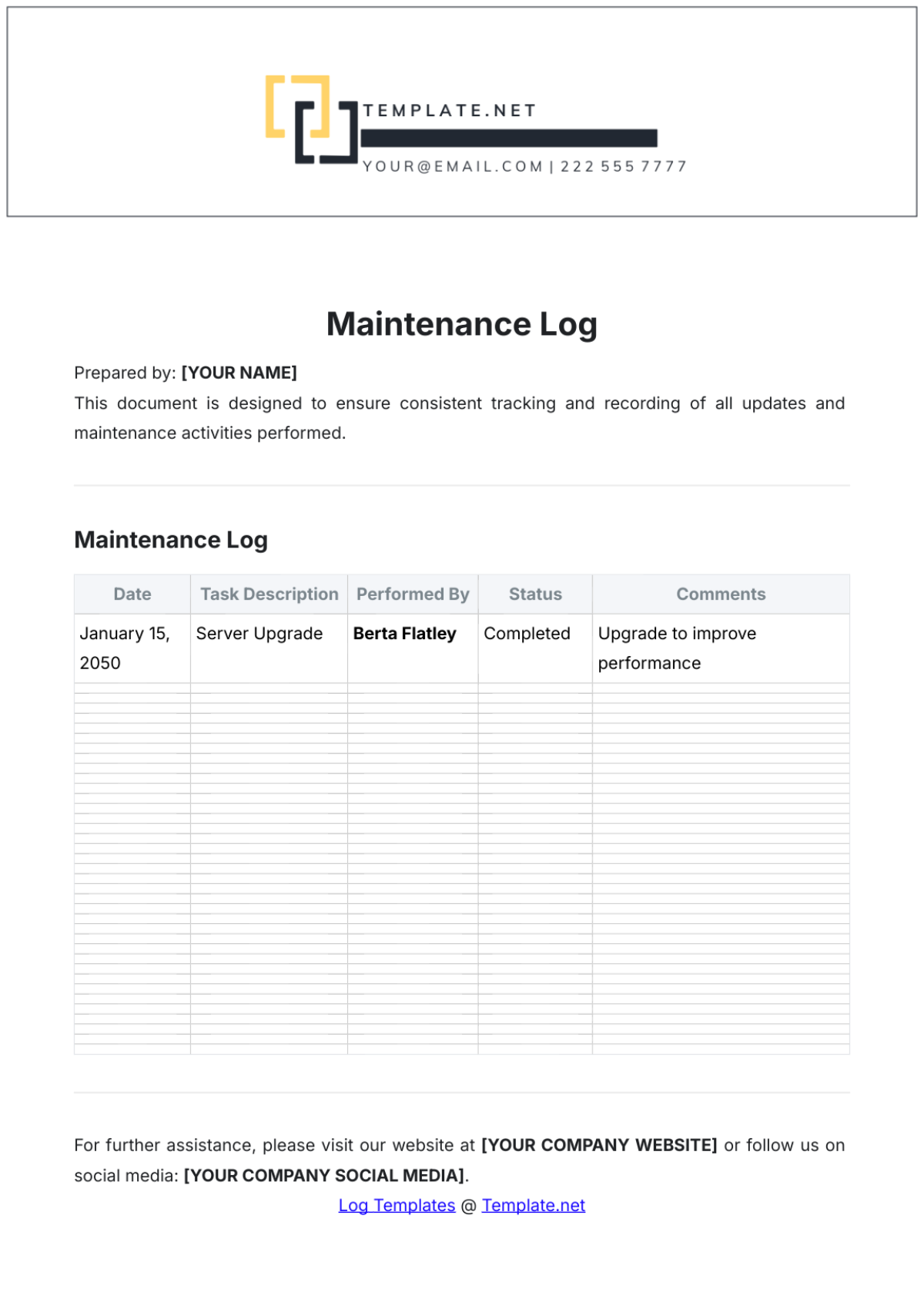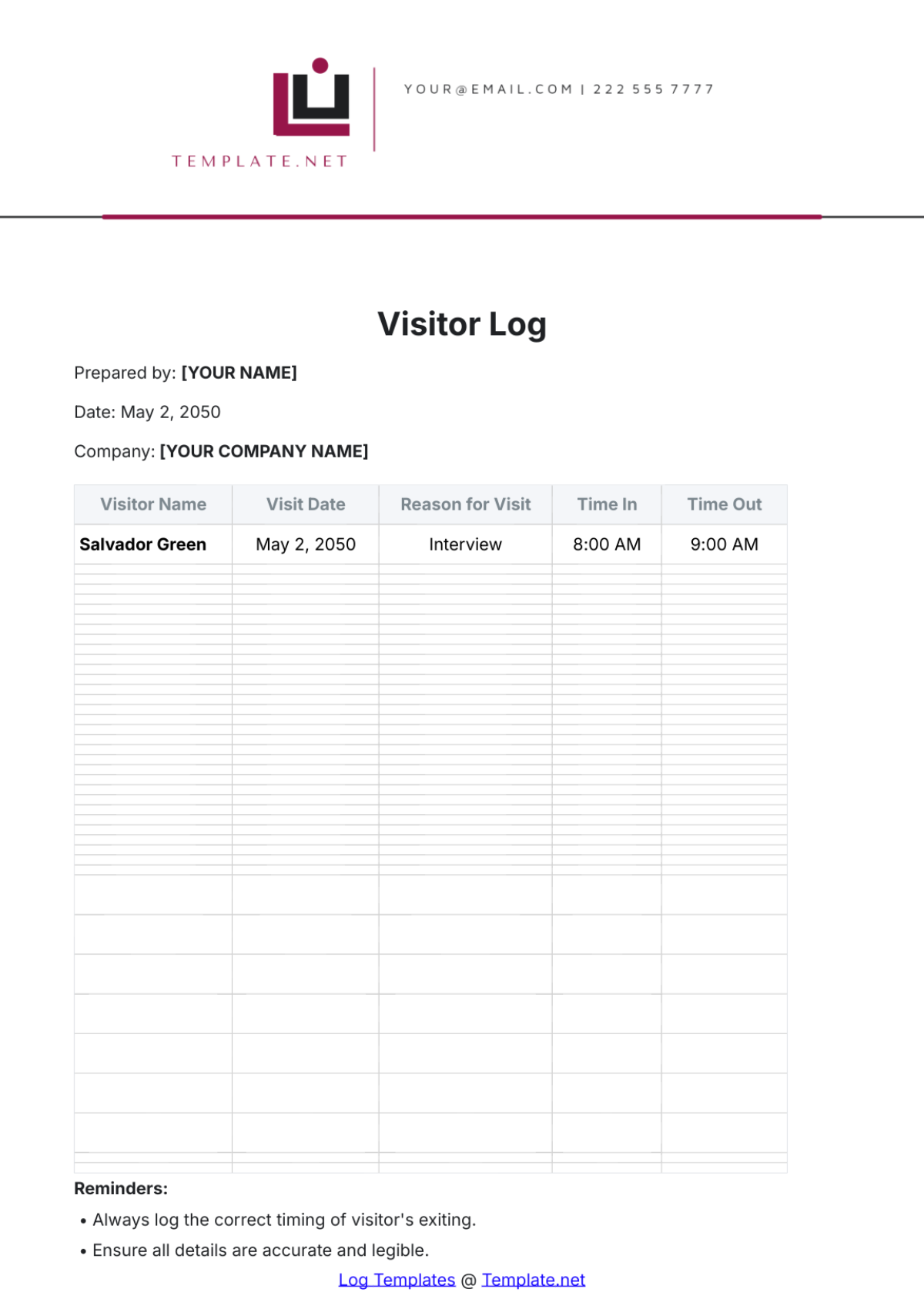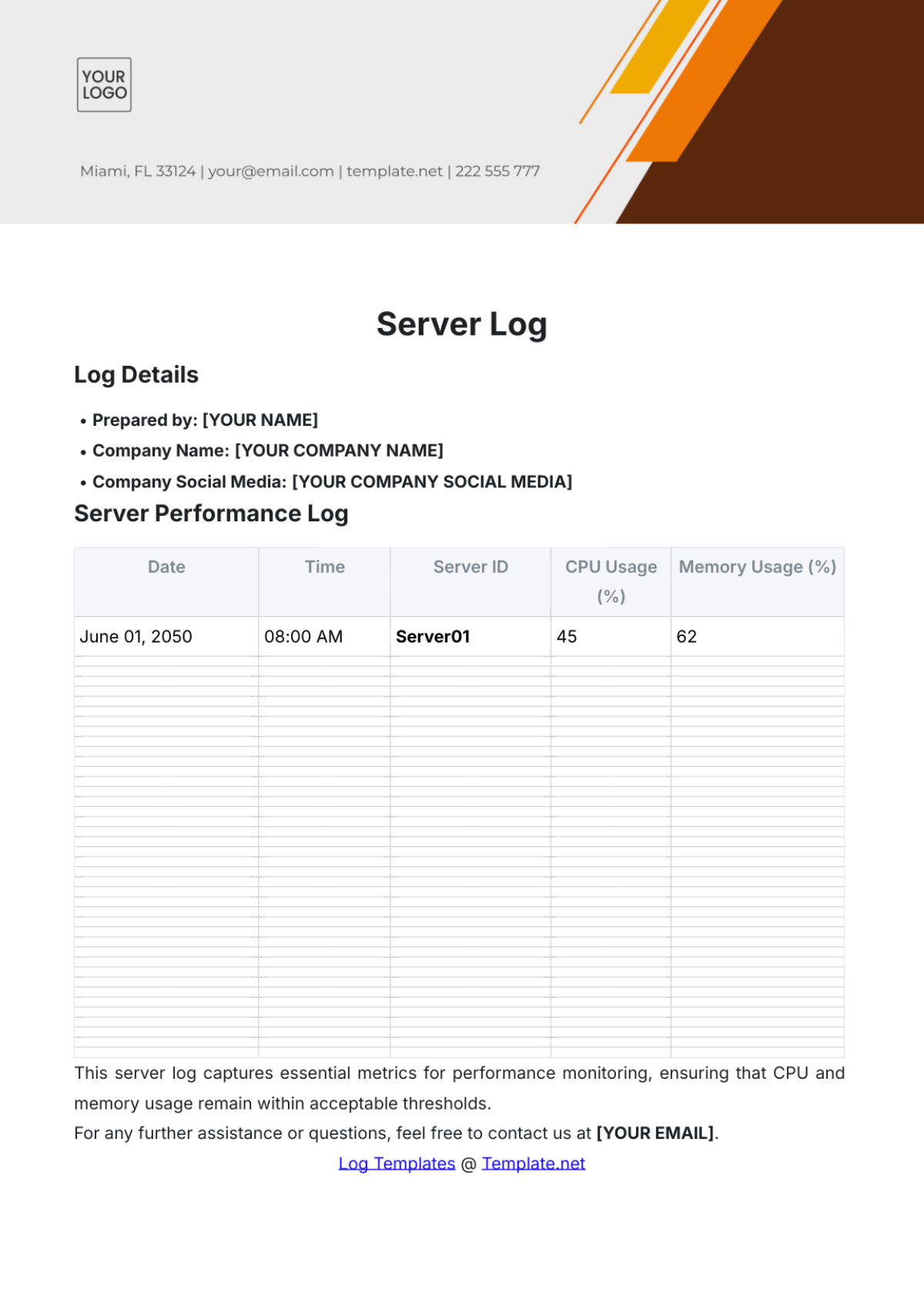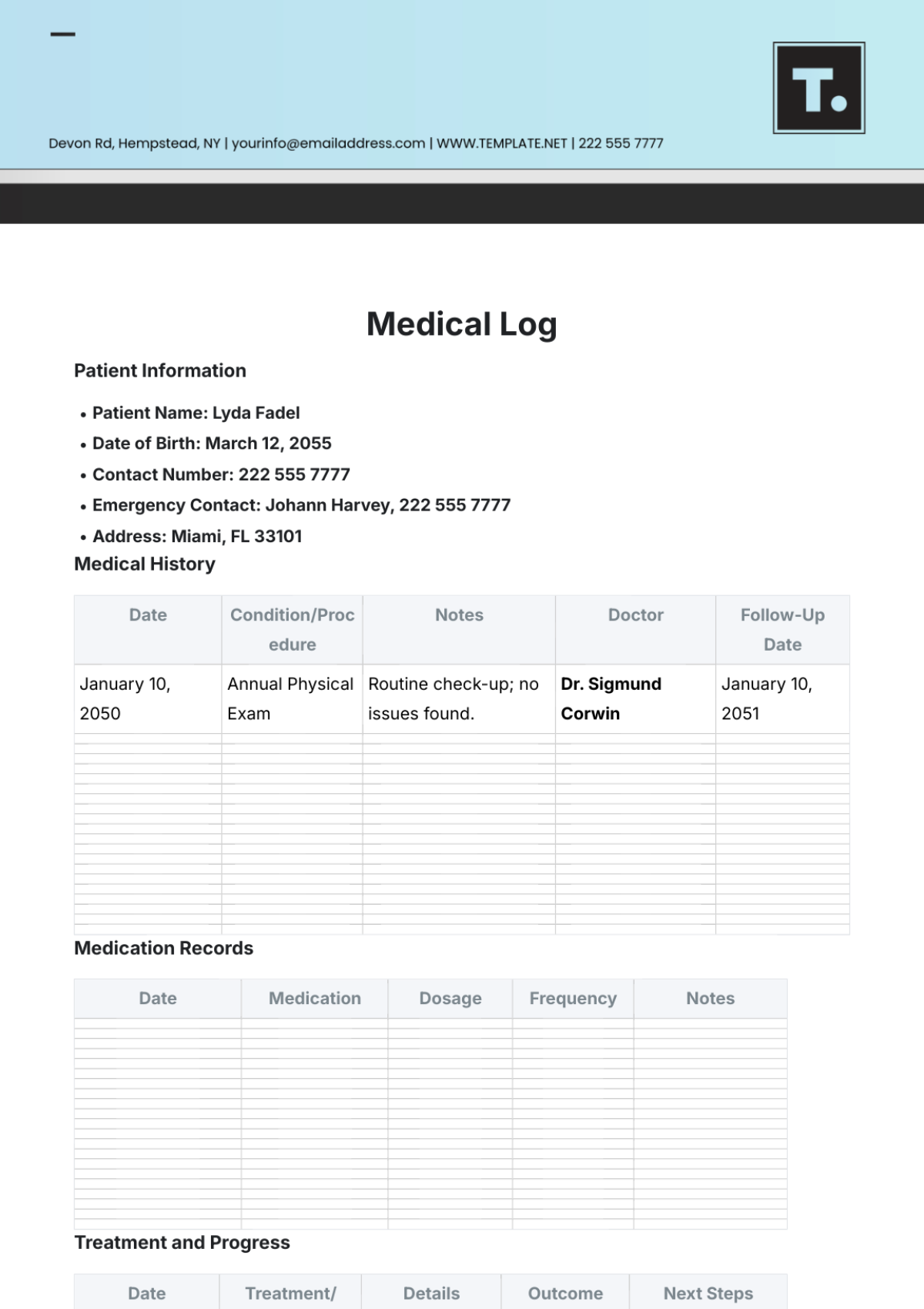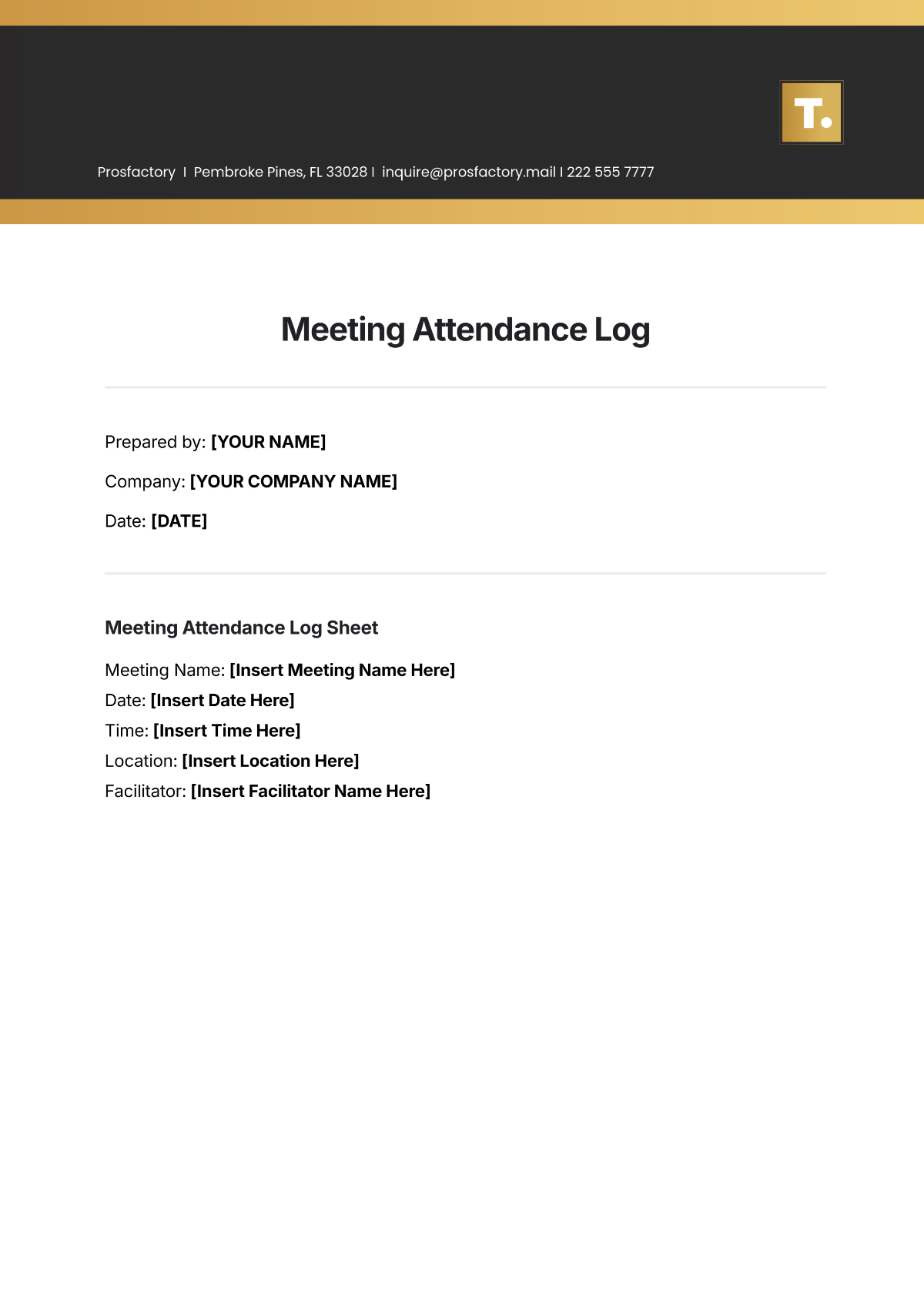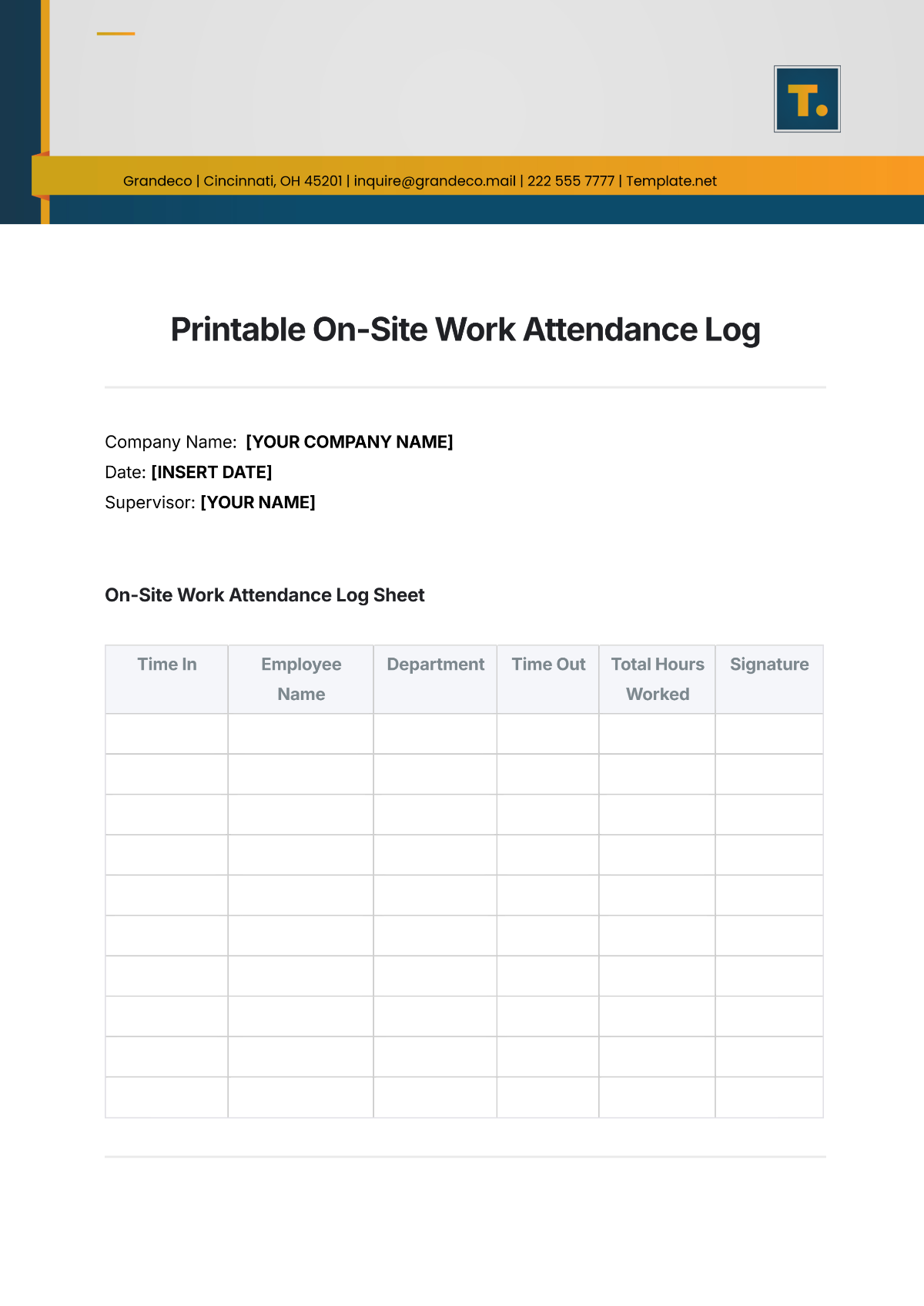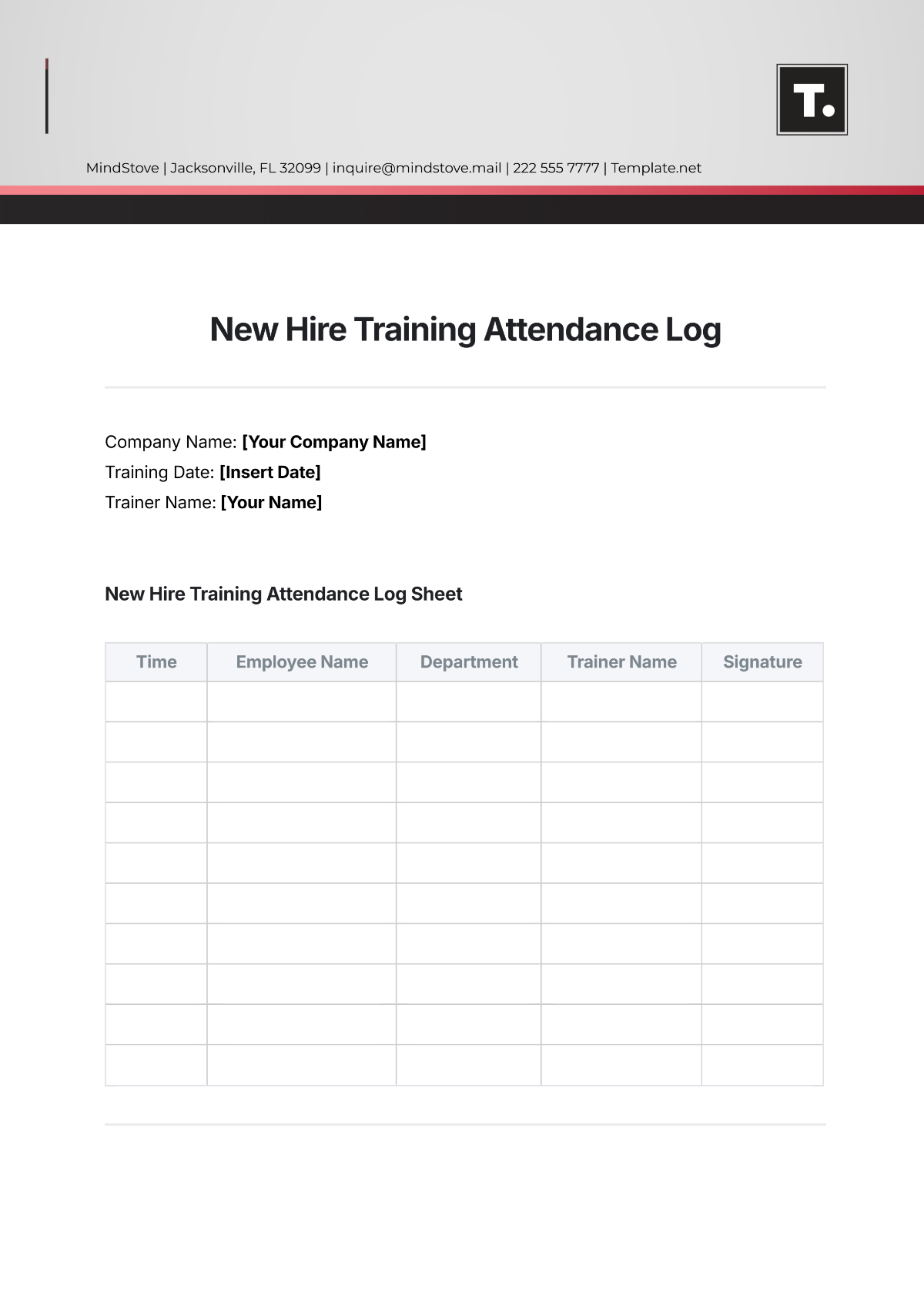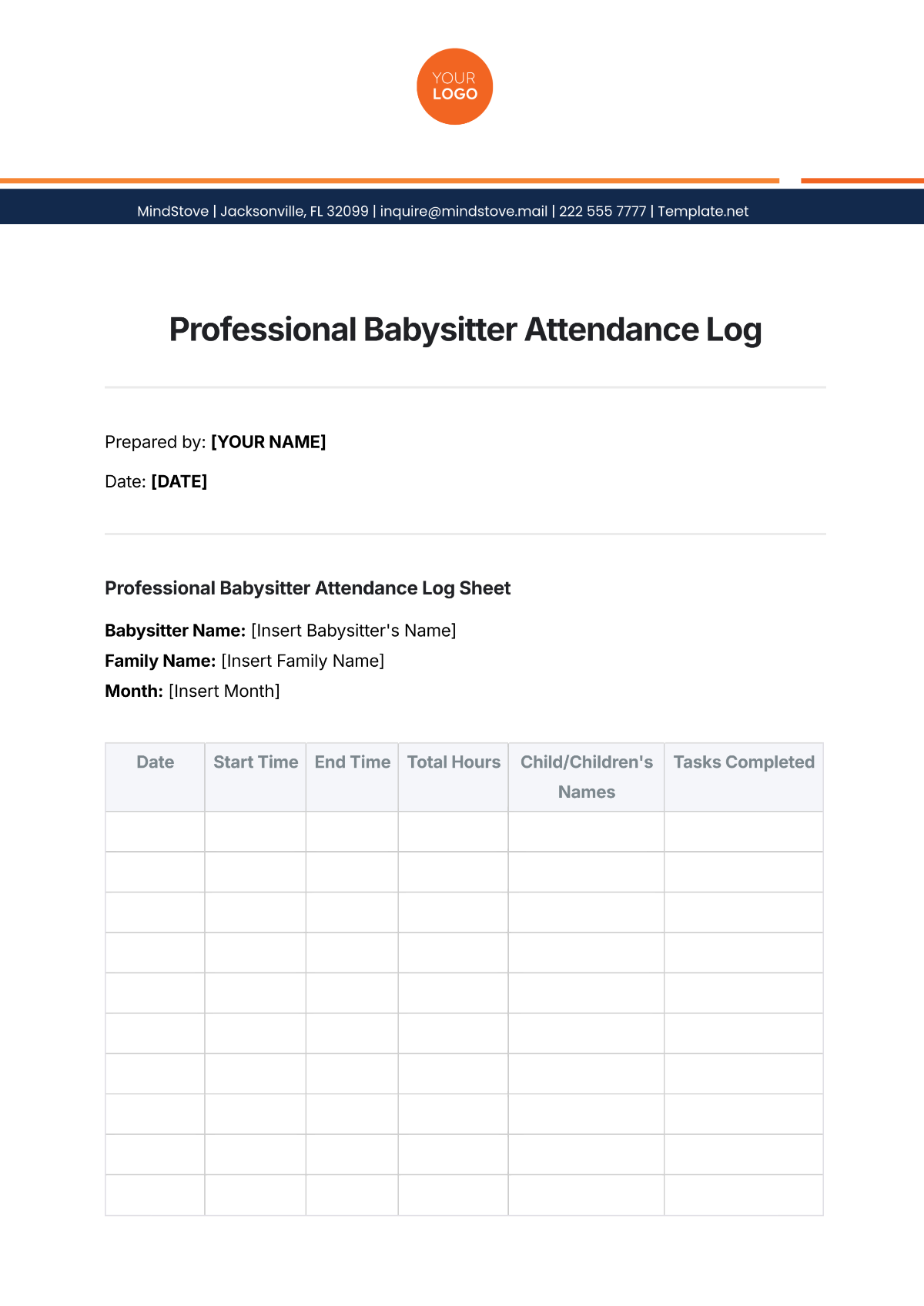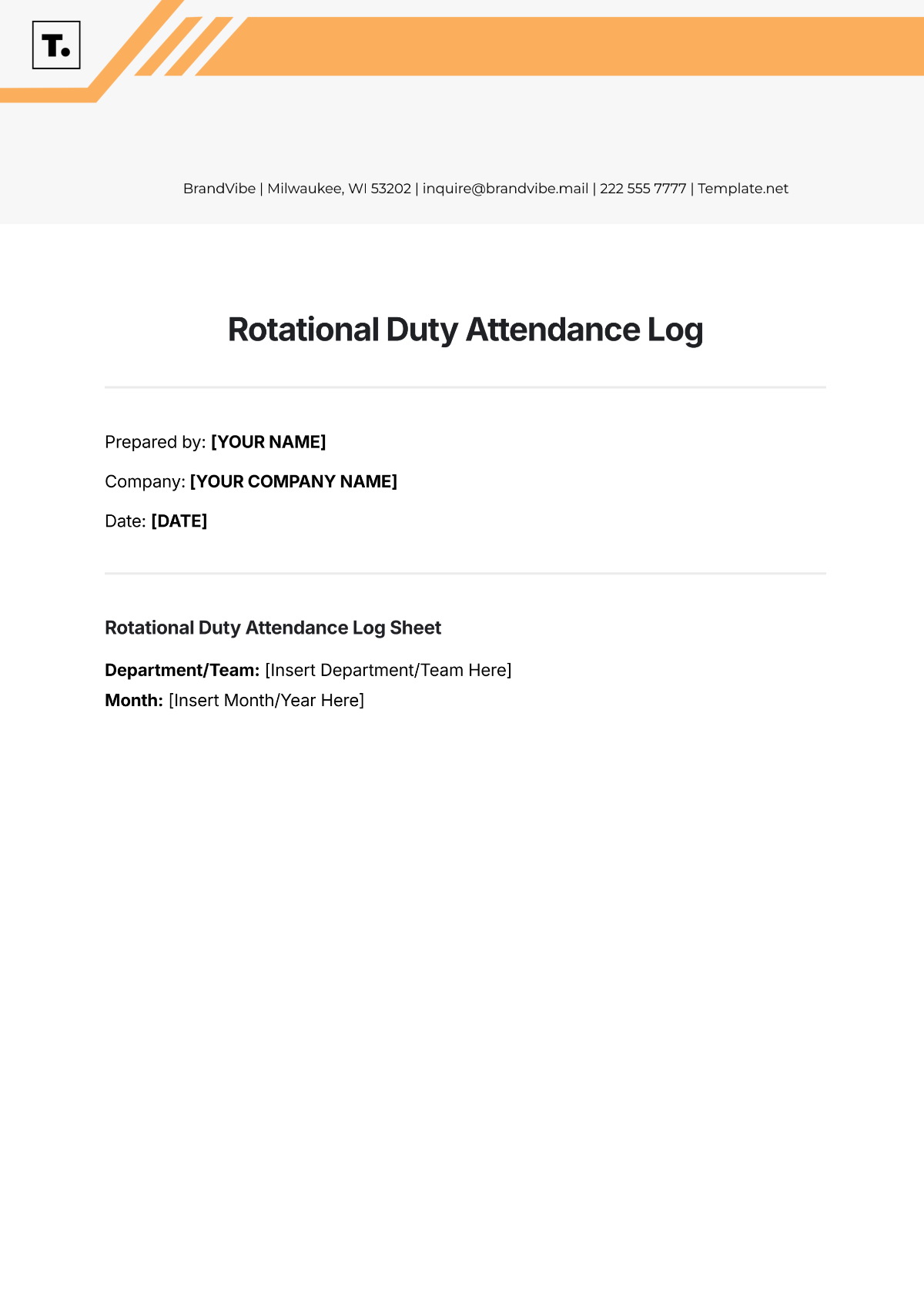Project Raid Log
Prepared by: [YOUR NAME]
Date: [DATE]
The Project Raid Log is essential for managing project challenges by tracking Risks, Assumptions, Issues, and Dependencies. Designed for use by project managers and team members, this log provides a structured way to document and monitor key elements that impact project success.
Date | Type | Description | Status | Owner |
|---|---|---|---|---|
2050-07-23 | Risk | Potential delay in delivery due to supplier issues | Open | Jane Doe |
2050-07-23 | Assumption | All team members will be available for project meetings | Validated | John Smith |
2050-07-23 | Issue | Budget overrun due to unforeseen expenses | In Progress | Emily Davis |
2050-07-23 | Dependency | Completion of design phase required before development starts | Pending | Michael Lee |
2050-07-24 | Risk | Risk of technical failure with new software implementation | Mitigated | Sarah Brown |
2050-07-24 | Assumption | The new software will integrate seamlessly with existing systems | Validated | Mark Johnson |
2050-07-24 | Issue | Delay in receiving feedback from stakeholders | Closed | Laura White |
2050-07-24 | Dependency | Approval from the finance team needed before finalizing contracts | Open | Tom Green |
Notes
Date: Record the specific date to track when each RAID element was identified or updated.
Type: Categorize each entry as Risk, Assumption, Issue, or Dependency for clarity.
Description: Provide a detailed explanation of each RAID element to ensure all team members understand the context.
Status: Indicate the current status (e.g., Open, In Progress, Closed, Mitigated) to monitor progress and resolution.
Owner: Assign responsibility to ensure accountability and follow-up on each RAID item.
Reminders
Regular Updates: Review and update the RAID Log regularly to reflect the current status of each entry.
Address Issues Promptly: Resolve issues as they arise to minimize project disruptions and delays.
Validate Assumptions: Periodically review assumptions to ensure they remain accurate and relevant.
